At a time when people needed to stay apart, communities came together. At the one-year mark of COVID, here’s some of what we learned this year… #InItTogether
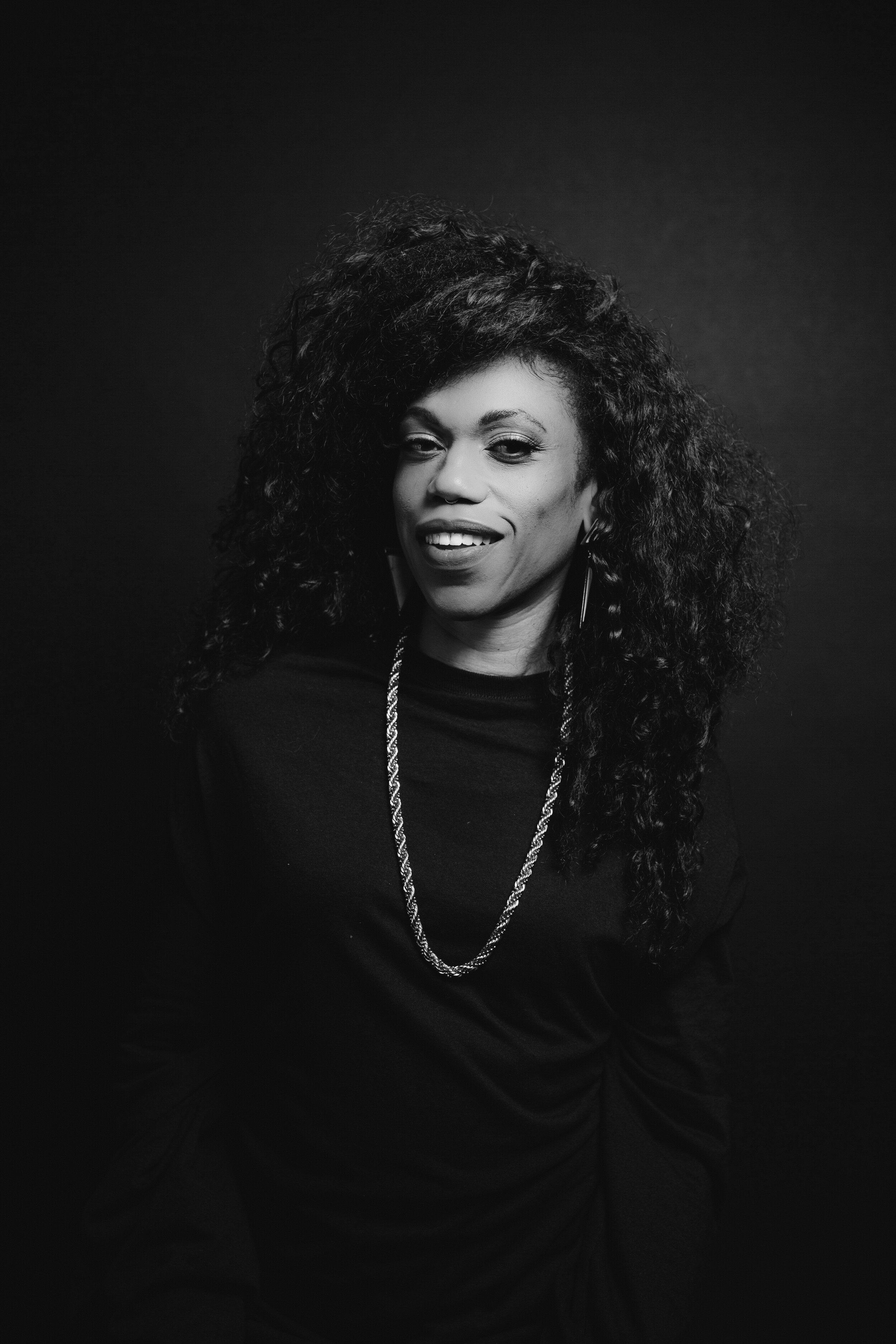
"With recognition and desire to rebuild what the pandemic revealed to be a broken and inequitable system, we can now create stronger foundations built on the principles of access, safety and inclusion." - Sheena Jardine-Olade

"The past year has reinforced so strongly that parks and green spaces are absolutely essential urban infrastructure, especially for underserviced neighbourhoods, and must be fare better entrenched in how we plan and support our communities." - Dave Harvey
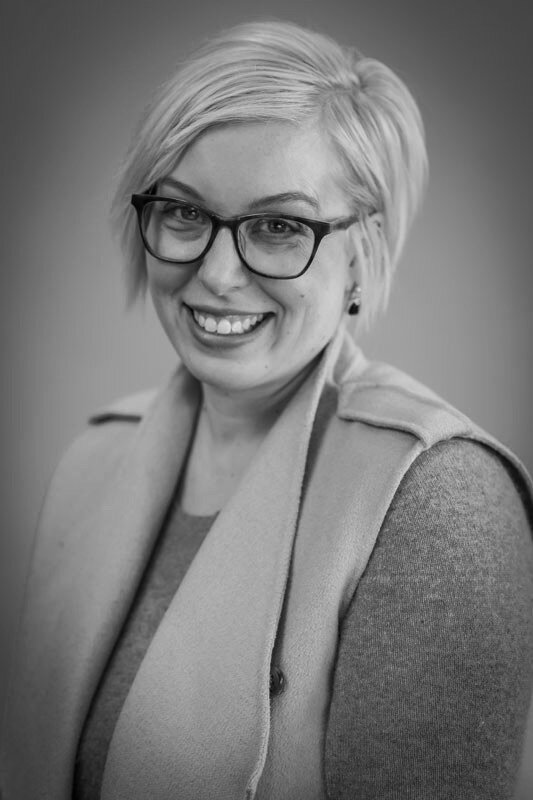
"Governing is never what you thought it was going to be; the work is to find a way to still be the leader you planned to be while doing what is needed, not necessarily what you planned." - Julianna Charchun
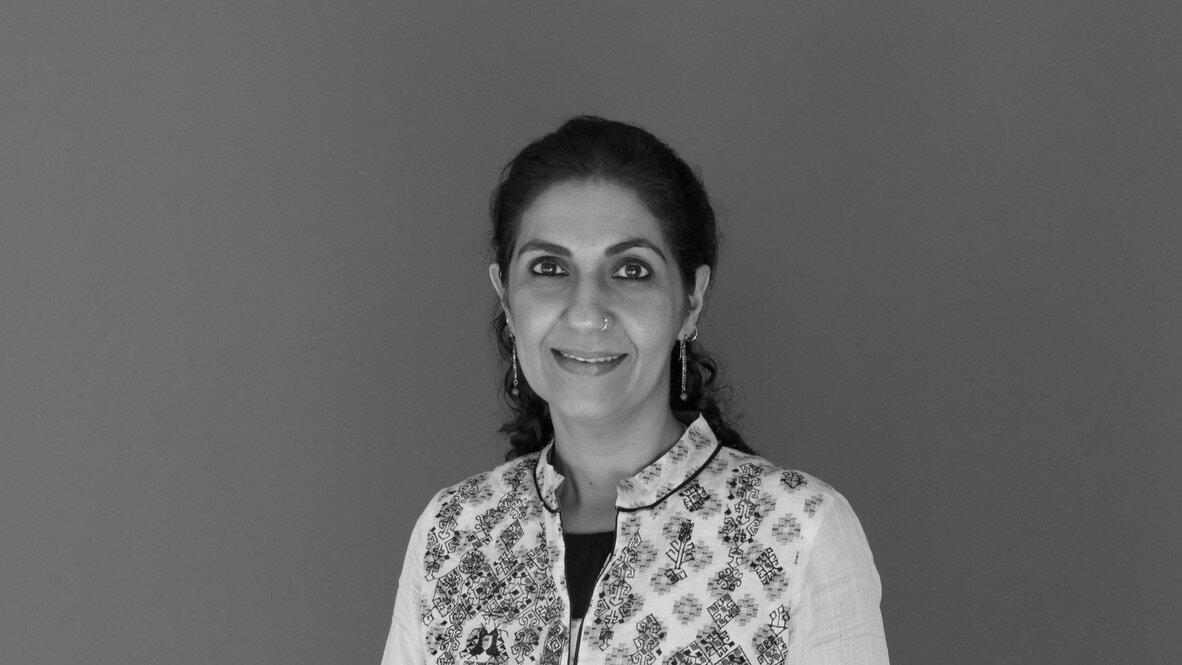
"Nothing, absolutely nothing, can be taken for granted. Count your blessings and deeply cherish everything and everyone in your life. At a professional level, the pandemic has emphasized that the mission I've devoted my life to - striving for everyone's right to live in safe and secure housing - is worthwhile, because adequate housing is essential for life." - Shivani Chaudhry
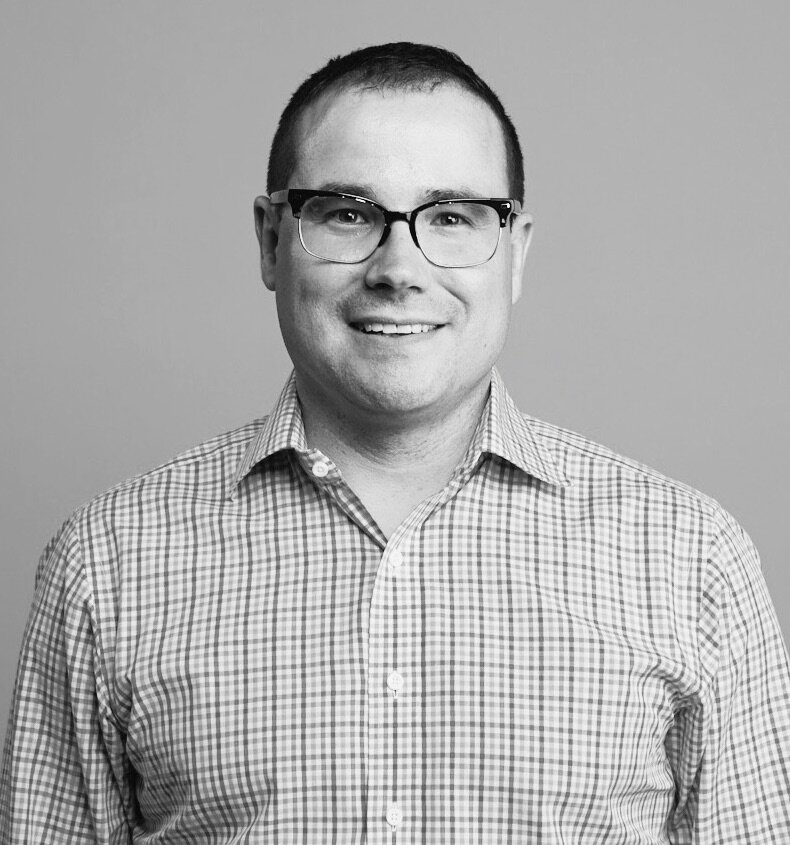
"The resilience and creativity of my public service colleagues in the face of adversity has been the biggest learning I've taken from the pandemic. Under pressure, governments have rapidly prototyped to solve challenges and I hope this reborn instinct continues as the new operating model for government." - Chris Rickett

"To always check my privilege, biases and assumptions, and to prioritize taking care of myself." - Ana Gonzàlez Guerrero
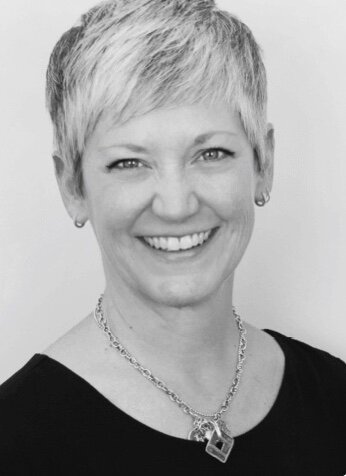
"My most important learning has been that people are resilient, over a short-haul, but our systems are barely resilient at all - and, certainly are not resilient enough for ALL of us." - Beth Gignac
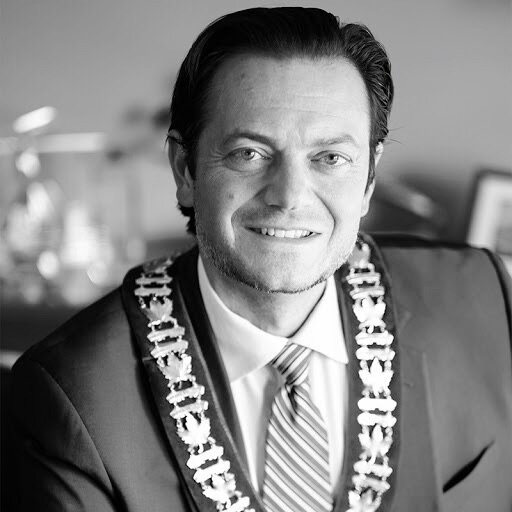
"The most important thing I've learned is that the unwritten contract between government and the people that dictates the ability to mobilize collective action depends not on the severity of the threat or challenge being faced, but how effectively both the threat and the necessary collective response is communicated. The second most important thing I've learned is that government, when given a social license due to crisis to innovate and potentially fail, can become less risk adverse and much more agile - a very good thing, that it would be wonderful to maintain after COVID." - Jeff Lehman
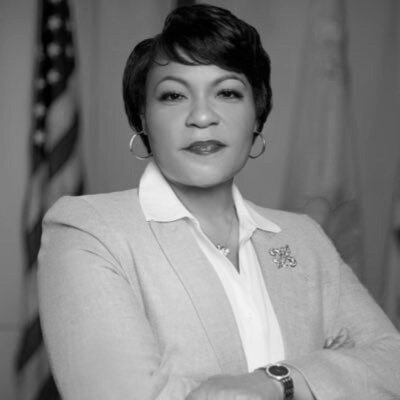
"You have to be willing to make decisions that may create short-term hardships but create lasting results - most notably the health and safety of our people. And that is ALWAYS the most important part of my job, and grounds me in my work." - LaToya Cantrell

"Our Indigenous peoples truly deserve solutions led by Indigenous peoples." - Margaret Pfoh
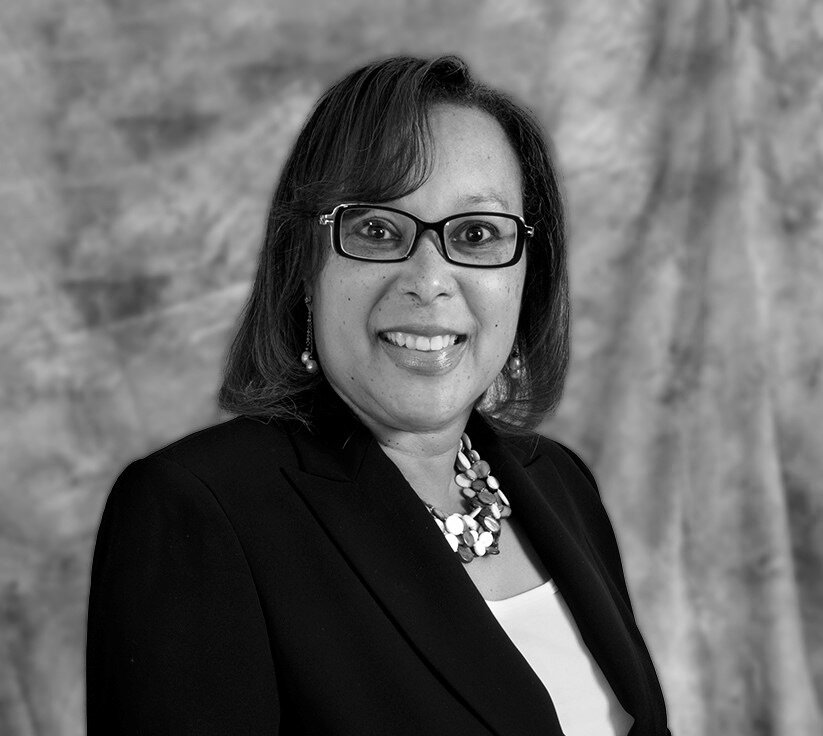
"Urbanization has a huge impact on society; thus city planners should collaborate with a diverse group of people who will bring different perspectives to the planning exercise thus enhancing the final outcome." - Cynthia Dorrington

"Trust and collaboration is essential to the development of our community spaces and the places we call home. Authentic community consultation and action cannot take place without trust from the community." - Dane Williams
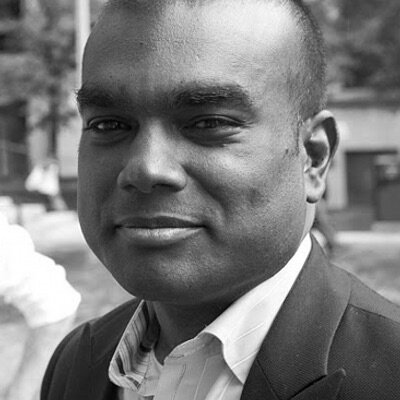
"Over the past year, the most important thing we have learned is that local government has to find new ways to collaborate with Community-Based Organizations in solving local neighbourhood challenges." - Nigel Jacob

"Truly reciprocal relationships make a community wealthy even when resources are scarce." - Colette Murphy

"The 'bad news' learned from the last year is that the future is far more unpredictable than I would hope, followed by the 'good news' that the essential aspects of our lives appear to be remarkably more resilient than I ever imagined." - Danny Bridson
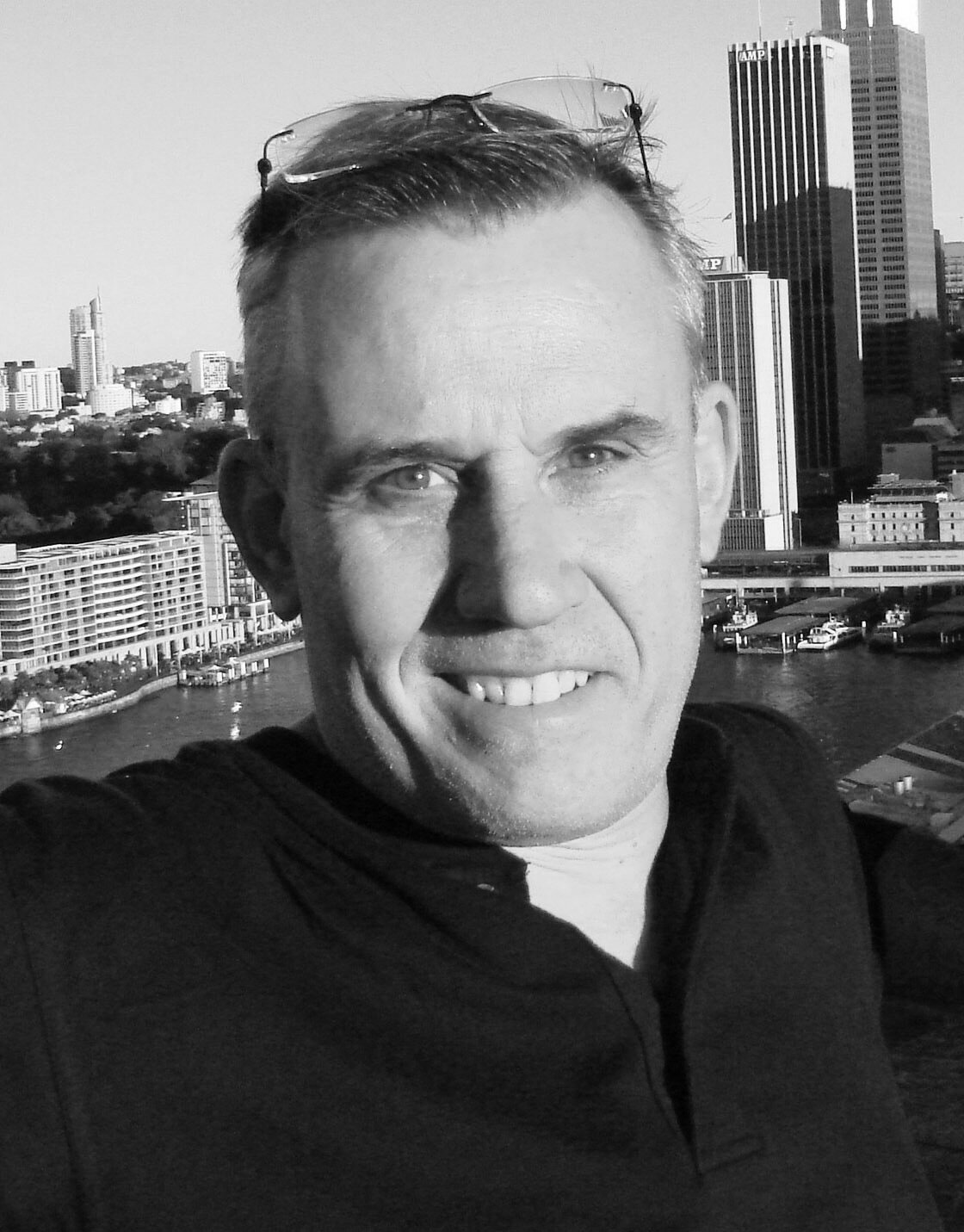
"The pandemic has taught me that cities should have the codified and protected autonomy, authority and resources to quickly and nimbly go beyond emergency provincial measures, where necessary, on all critical matters related to disease prevention, including housing, proclaiming and enforcing public health measures and creating support mechanisms for the most vulnerable." - Doug Earl

"COVID-19 has shown just how much cities are on the frontline when it comes to delivering essential services, but they have limited sources of revenue to respond to the crisis." - Enid Slack
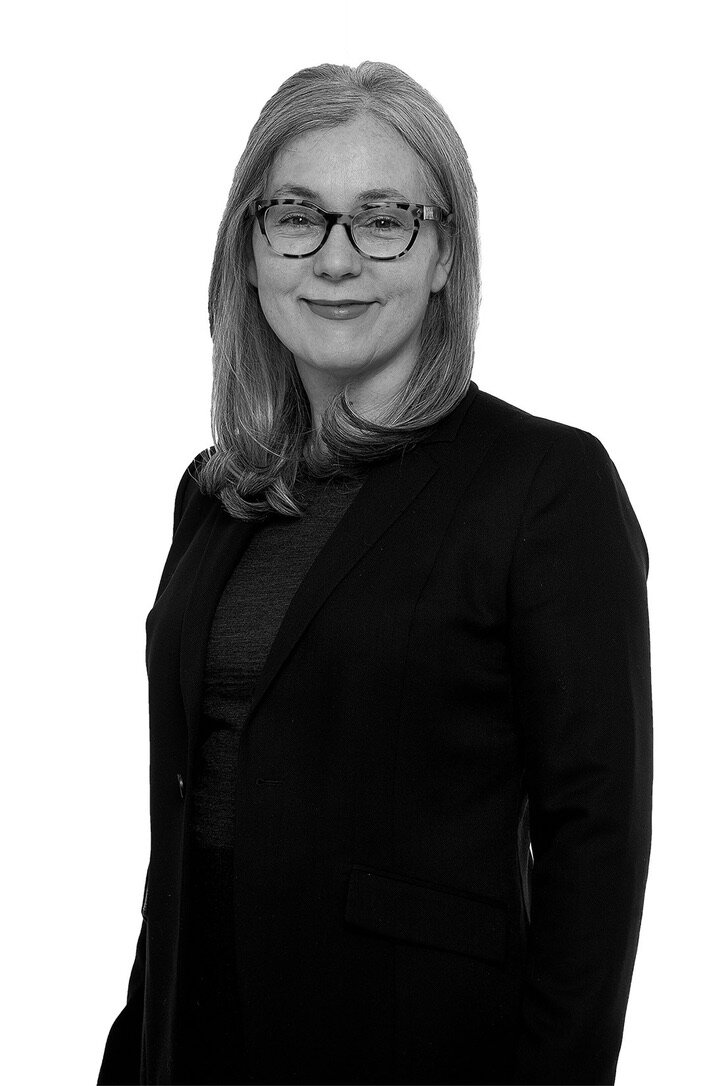
"Parsing the work of recovery while safeguarding wellbeing is essential, so local governments must look for the biggest little thing they can do, and change policy and regulations to let the pivot happen ASAP." - Hazel Borys

"I suppose the most significant thing I've noticed in the last year, is peoples' heightened awareness and sensitivity to the urban built environment. This has come with the hyper-awareness (for some verging on fear) of the physical presence and proximity of other people. Walking along street sidewalks, I at times notice people looking constricted as they approach each-other and then relieved as they encounter a widened sidewalk or a set-back façade. People seem to be discovering their own and the neighbourhoods of others, as well as urban open spaces." - Franc D'Ambrosio
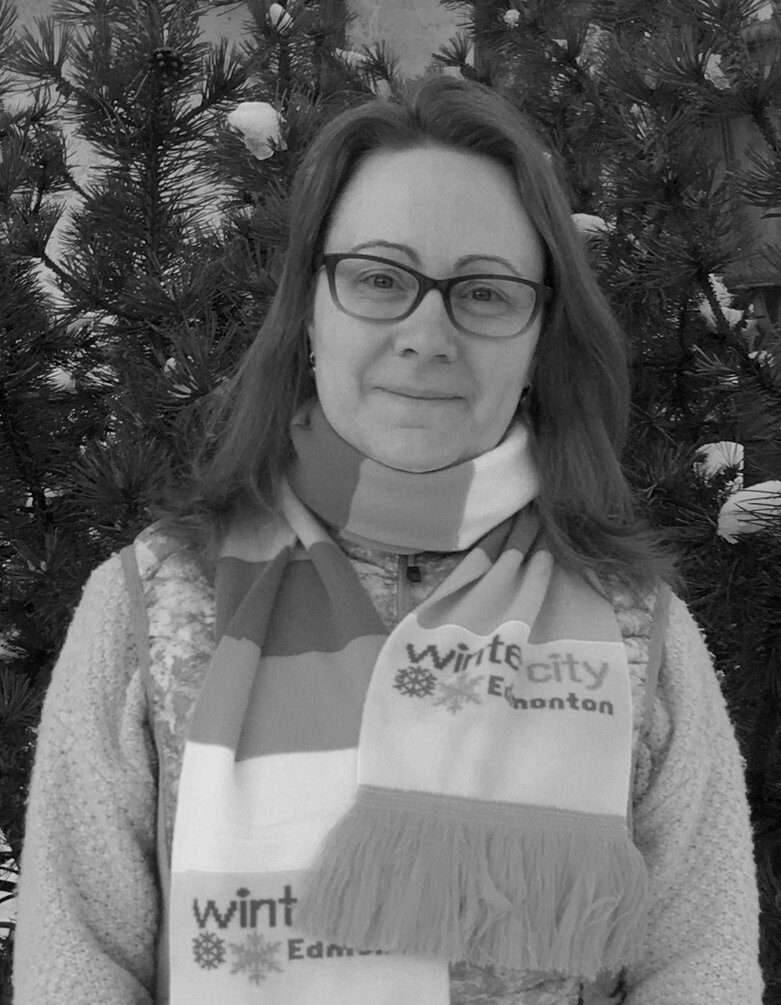
"I've learned that the work and focus Edmonton has put into winter over the past 8 years has paid off - beginning with warming elements, an expanded bike network, increased skiing and skating trails, and new park buildings designed with winter in mind, we've put in place the facilities and amenities for our residents to easily enjoy being outside this winter in a physically distanced, safe way." - Isla Tanaka
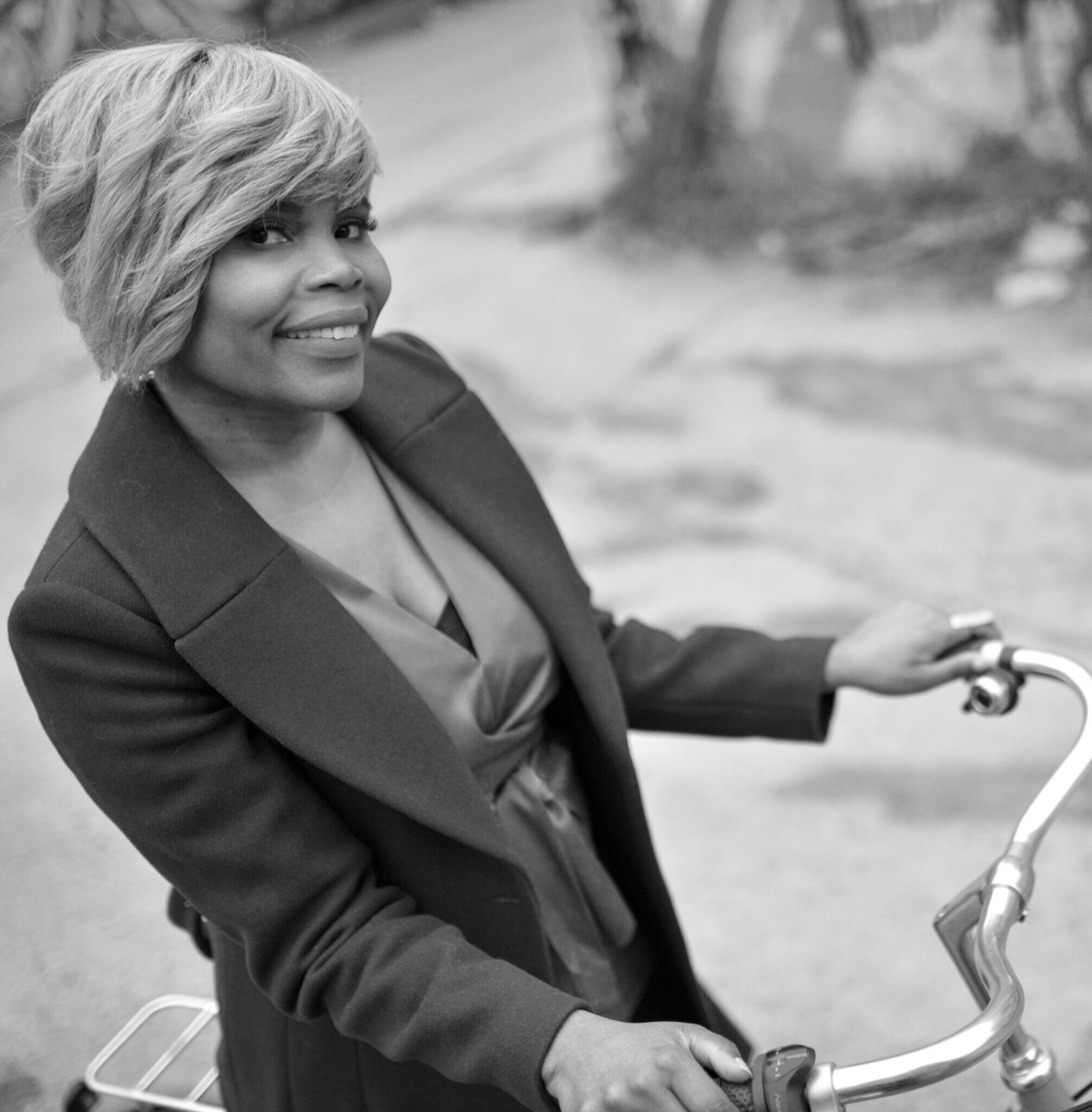
"During this time, I've experienced and witnessed soul-crushing loss. I shriek-cried like a small animal caught in a snare while watching on Zoom as a friend and her baby were buried. Three days later, a young man I collaborated with on a Confederate monument project site transformation drowned. Less than two weeks ago, a beloved friend and colleague from Charlotte, who'd buried his aunt and brother within the same week, died. And so, through the expression of my own grief, I'm deepening my approaches to designing and programming public spaces that will enable us to process our collective COVID-19 grief, and by extension, create healing and joy." - Jay Pitter

"The old systems and structures are dramatically failing us and the path to a more equitable world requires deconditioning ourselves so we can dream in a new world. We witnessed business, government and organizations do things radically different. The door is open to a whole new world." - Vicki Saunders
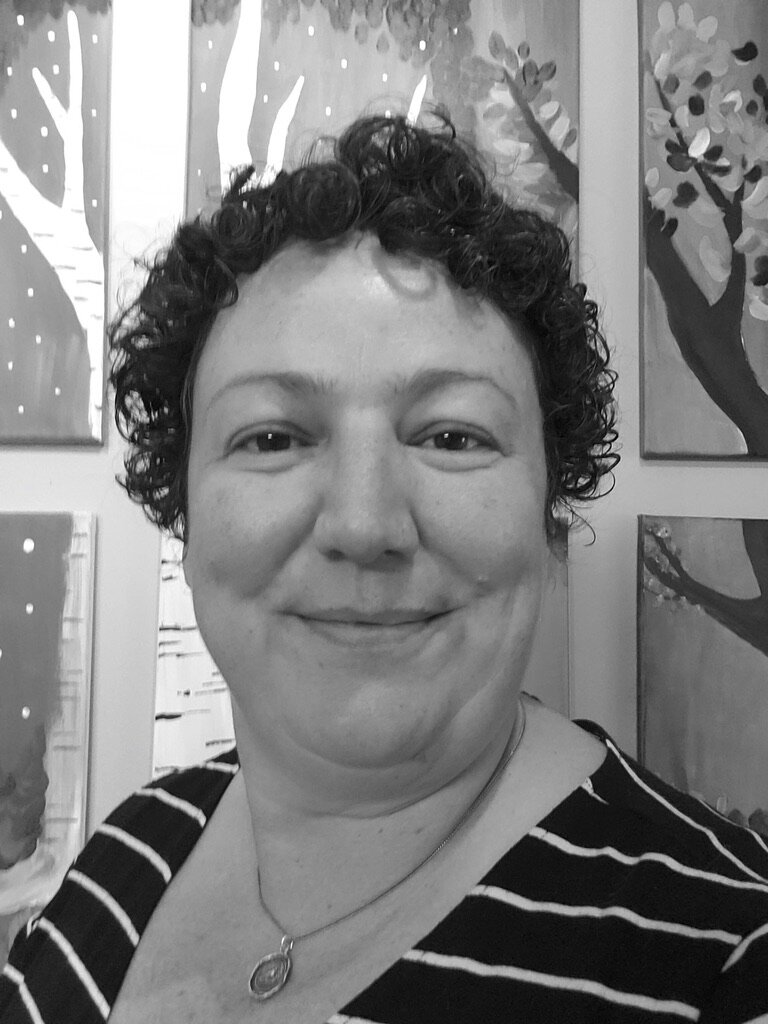
"Closing communications loops, and clearly defining roles and responsibilities, are paramount to effective and successful community collaboration in response to any challenge, including unprecedented ones." - Janine Theobald

"Shocks really are accelerators for trends in the urban system. Huge upticks in online retail; challenges to shelters; challenges to public finances; need for renewal of the housing stock - these were all percolating pre-pandemic, accelerated by it." - Elliott Cappell
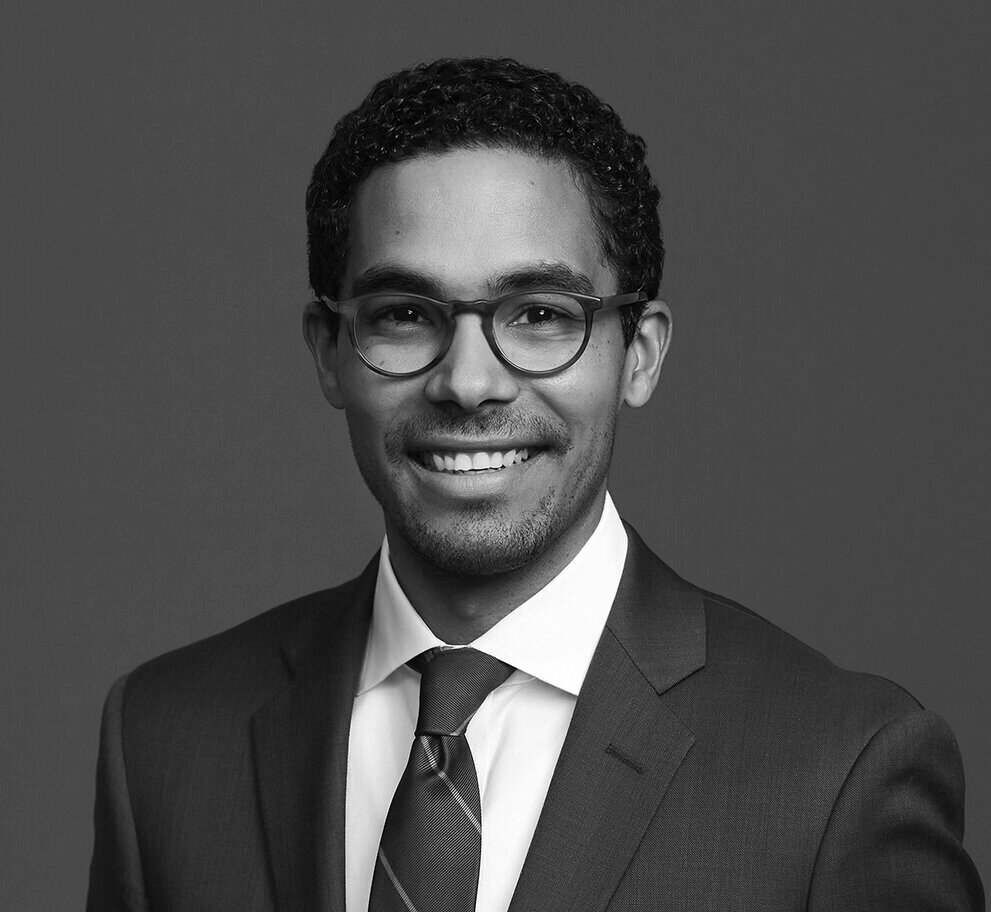
"What the COVID pandemic and the recovery underway has highlighted for me is the importance of leadership and institutional capacity to be flexible in adapting to meet the direct needs of communities. Governments, NGOs, and charities need to be nimble in order to respond and self-aware enough to realize off the shelf politics and programs may not work." - Jeff Hebert
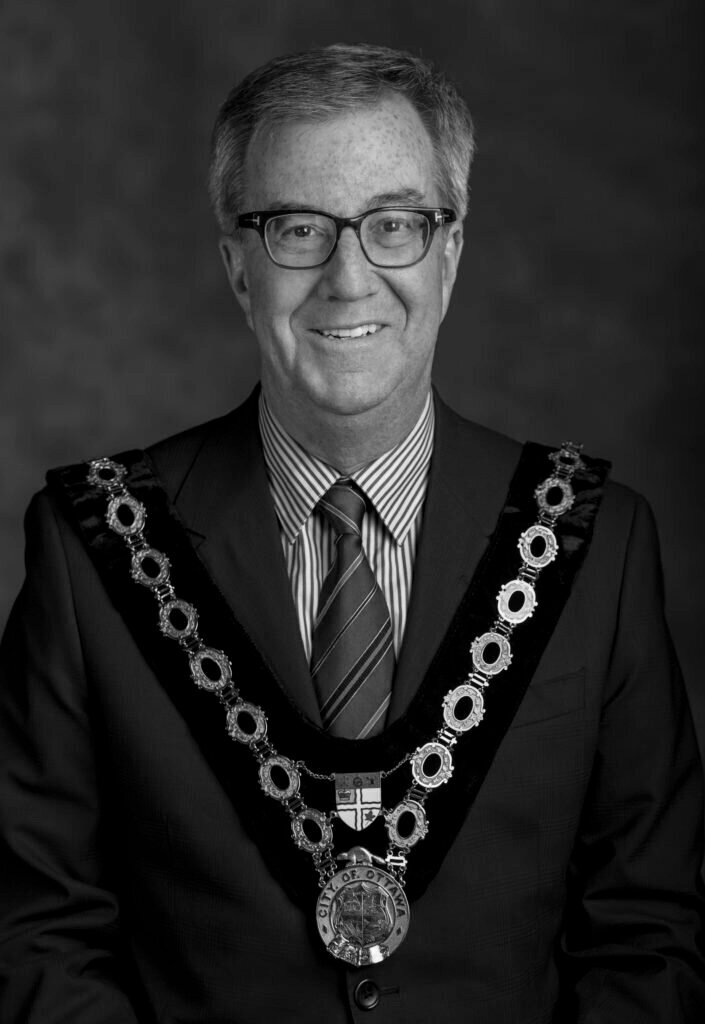
"Despite the many challenges and loss of life in the face of COVID-19, I've witnessed the best in most residents when it comes to helping a neighbour, a stranger or a small business struggling in a time of great need." - Jim Watson
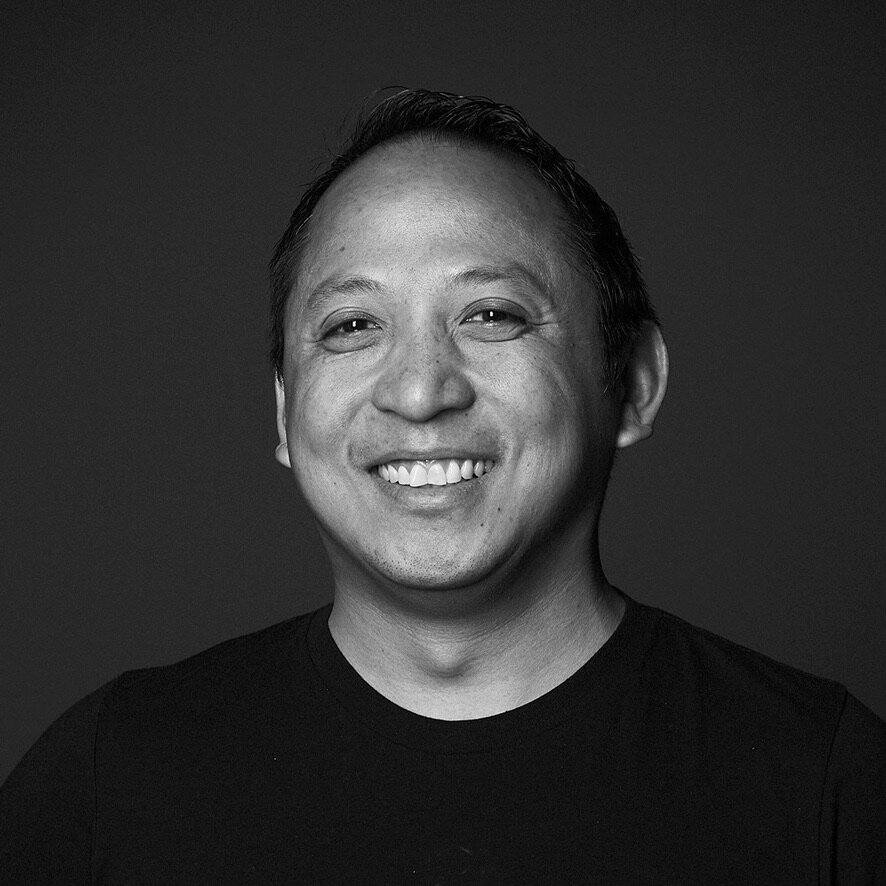
"The the pandemic has full exposed city building and real estate development models that were already breaking down. So the answer isn't trying to get back to what we were doing before, but using this as an opportunity to create the freedom and speed in our cities that turn ideas into action that moves us forward." - Ken Bautista

"The biggest thing I've learned in the past year is the importance of paying attention to myself." - Joe Salmon
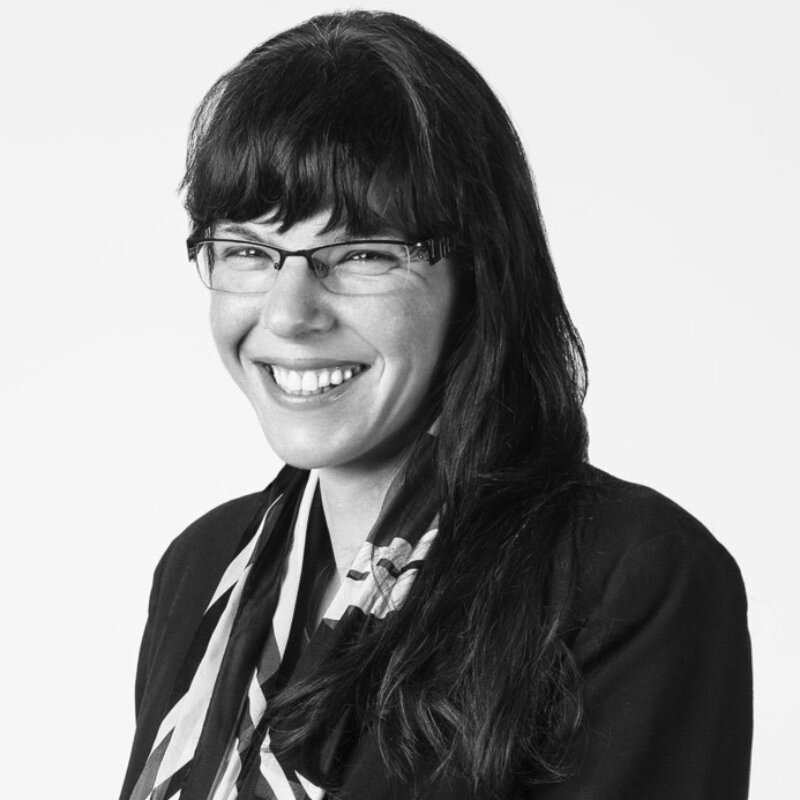
"This past year has really shown the consequences of starving cities of the money, power and respect they need to support strong and healthy communities." - Andrea Reimer

"I have learned we, as the City government, really can move much faster to get things done to support residents and business, such as through programs like CafeTO, and that we will continue to do that going forward, once we are on the other side of this pandemic." - John Tory
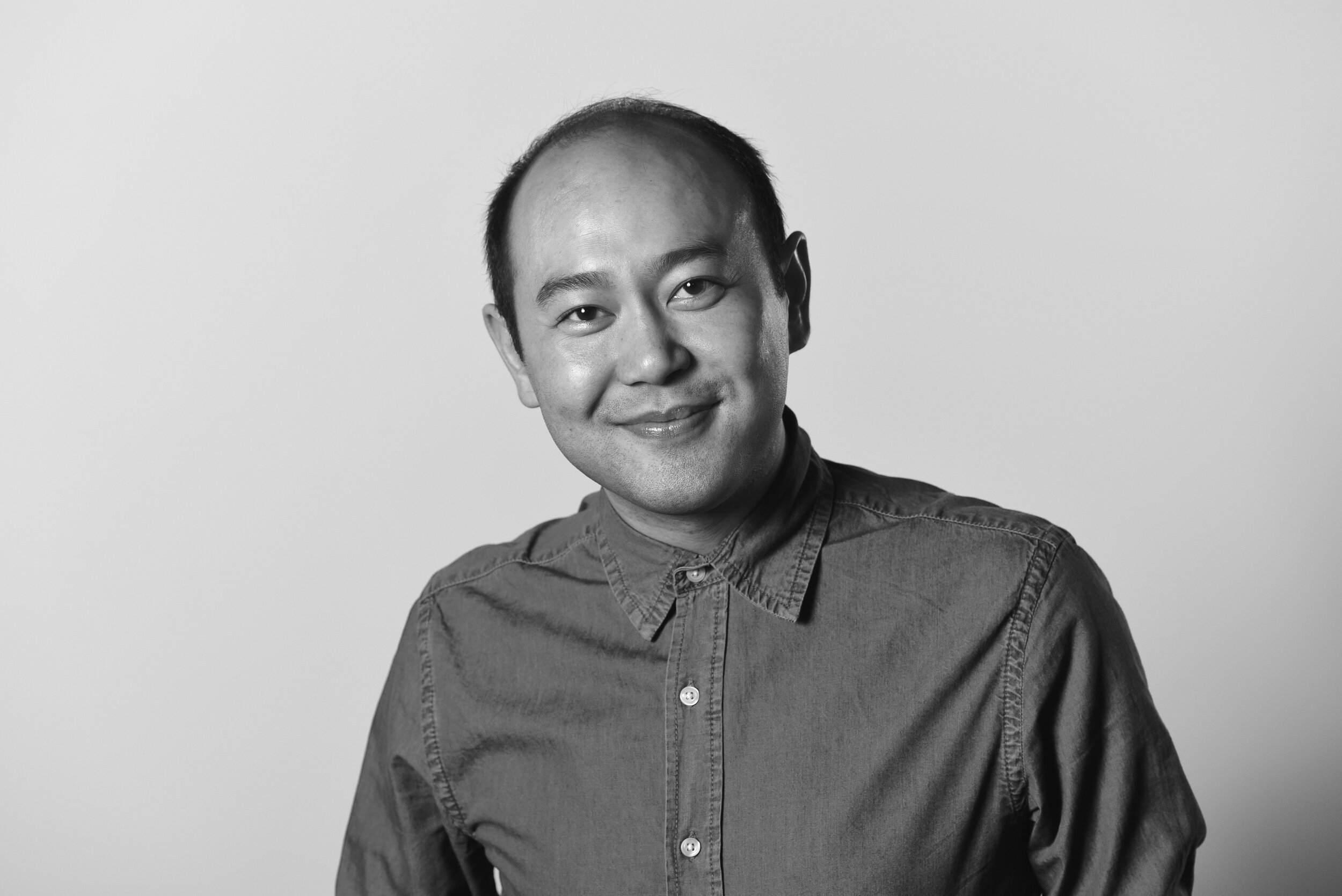
"Across the country, cities are transforming their urban spaces both temporary and permanently - creating civic commons - places to be informed, to discuss ideas, to formulate solutions, to participate, to network, and to test opportunities. Cities need to foster a civic-minded culture that balances the voices of the loudest and quietest people in the city; prioritizes and engagement between builders, developers, architects and impacted residents; and explicitly encourages its decision-makers to dive into urban debate and discussion, not shy away from them." - Jason Syvixay

"One of the things I've learned this year is that calm, clear, consistent communication goes a long way to providing reassurance, calming fears and inspiring confidence." - Judith Veresuk
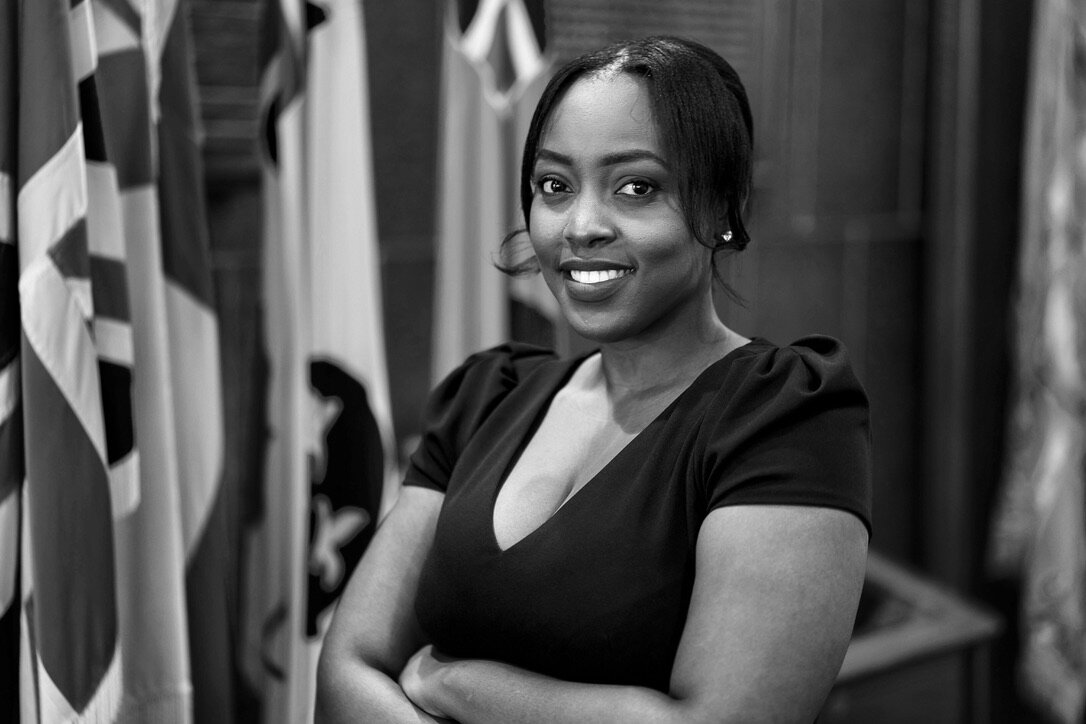
"Now more than ever we need to reform our policies to make our country truly resilient and protect all our communities from similar COVID19 impacts on our socio, environmental and economic well being." - Arielle Kayabaga

"There remains significant disconnect between the obvious and pivotal role decent housing plays in protecting against the virus and the commitment and collaboration of governments - through policies, legislation, and resource sharing - to ensure access to adequate, affordable housing for those most in need." - Leilani Farha

"What I've learned over the past year is that the most important word is 'Thank you.' I've also learned that the only way around, through and over the massive obstacles that COVID-19 has presented to cities is deep, generous and unwavering collaboration, even when - and especially when - it feels difficult to do so." - Lisa Helps
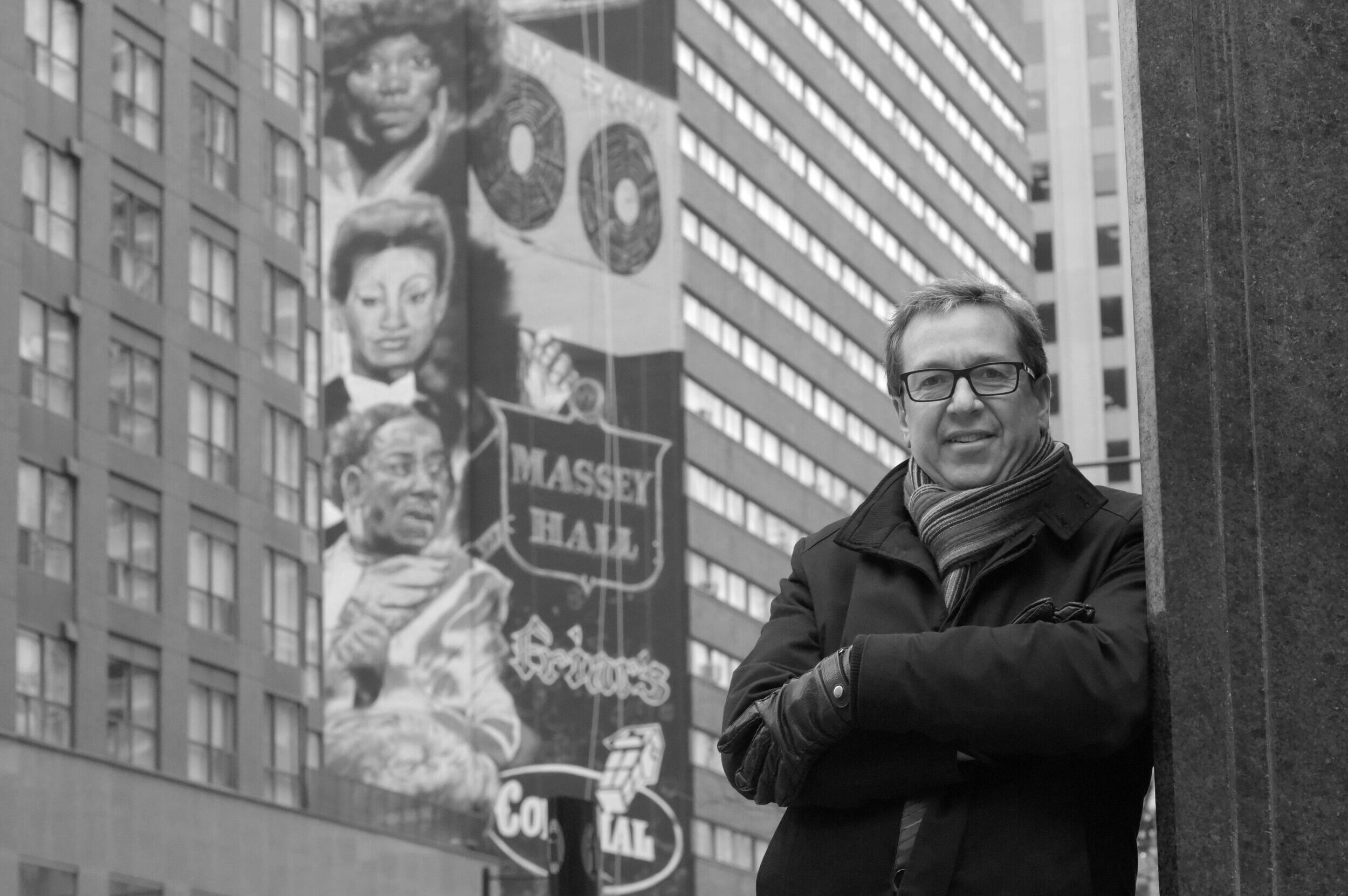
"What I have learned over the last year is how fragile our neighbourhood economy is, its health and wellness plays a significant role in all urban environments." - Mark Garner

"Letting go allows you to move forward and find productive solutions - waiting is not a solution, it's a measure." - Michael Hidetoshi Mori

"COVID has proven to me that there's a growing interest - indeed, a hunger - by people to move their money from Wall Street back into local people, projects, and businesses." - Michael Shuman

"A local government's primary source of revenue remains property taxation. Municipal Finance Reform is required to ensure sustainable, predictable and reliable funding tools to address the increasing financial pressures upon local government." - Noreen Kassam

"During the last year we learned that when we all feel a sense of urgency, cities can move quickly to create healthier and more inclusive places." - Charles Montgomery

"We need to work together to get through this pandemic and that includes, the private sector, the public sector, the public sectors at the federal, provincial and municipal levels, not for profits and all organizations. We can't survive this by operating as an individual, we need to work as a group." - Patrick Sullivan

"#1 lesson COVID has taught me is to slow the fuck down - to look up more often, and enjoy the clouds, the snow, the blue sky or the rain - because the journey is the destination." - Jane Farrow
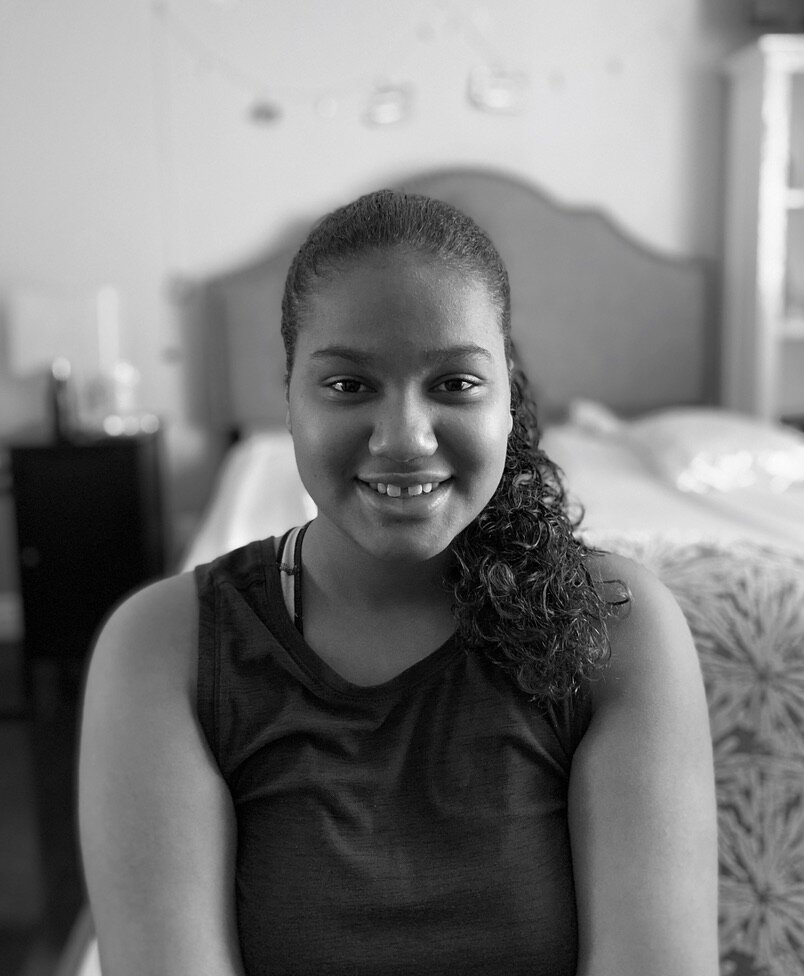
"I think I learned how to deal with my stresses and help others with their stresses (including my brother)." - Zoë Bennett
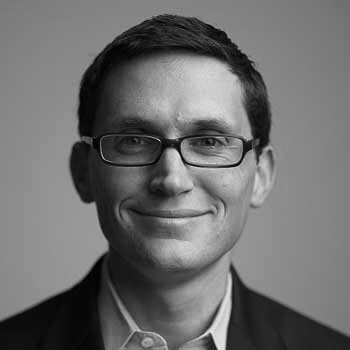
"The collaboration and alignment between municipalities across a region and across the country is critical to addressing COVID and the other challenges that urban communities are facing." - Sadhu Aufochs Johnston
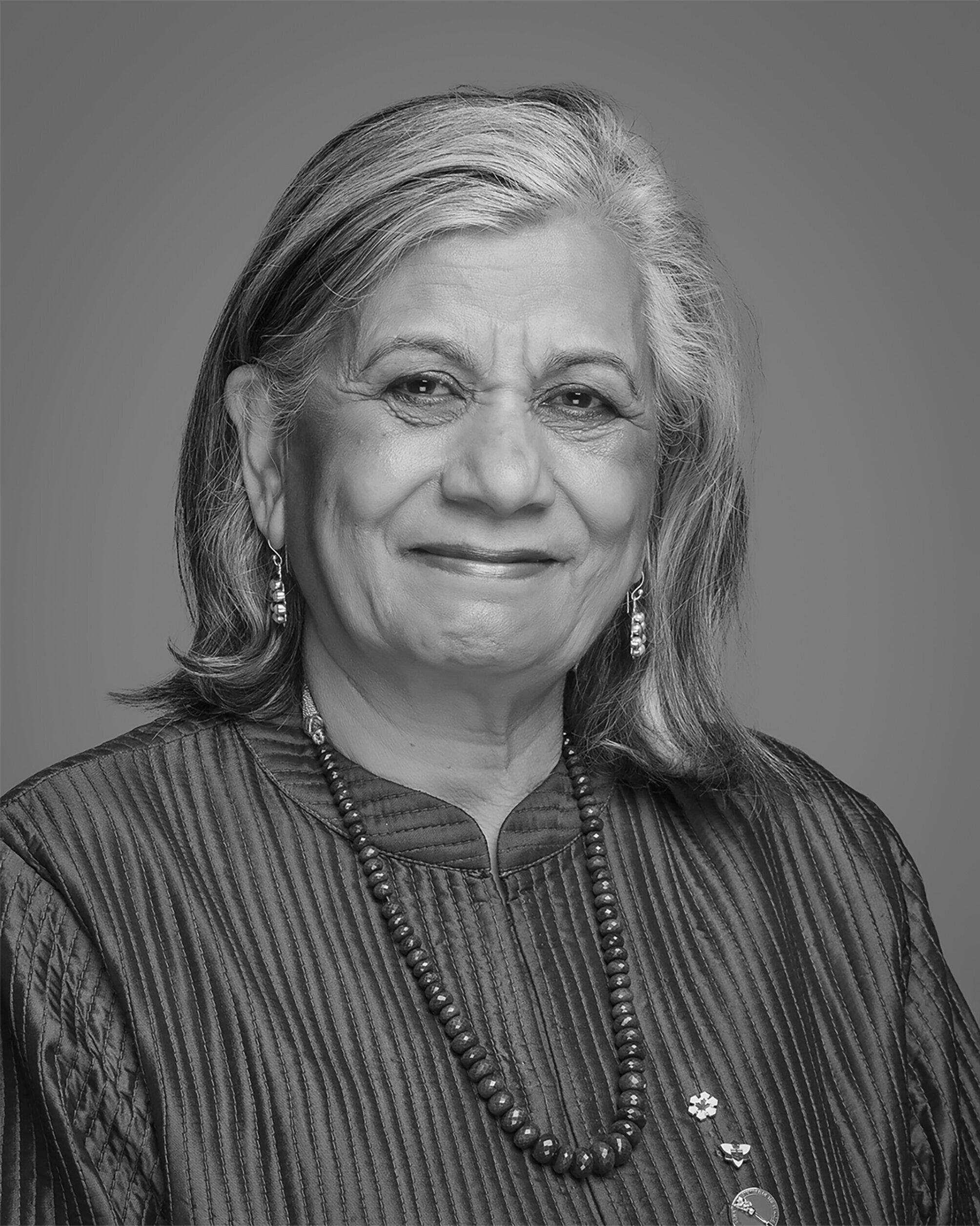
"The pandemic has clearly illustrated the importance that essential workers, many who are immigrants residing in our cities, have kept us safe and fed while often putting themselves in harm's way. Let's not just say thanks, but back it up with real and lasting changes to give these workers the respect they deserve. They stepped up for us, it is now time that we step up for them. Their essential work must be compensated by essential pay." - Ratna Omidvar

"The most important thing I have learned this year is how quickly change is possible if/when we are willing to try (e.g. urban bike lanes, repurposing of existing space and infrastructure for new uses). - Shoshanna Saxe

"People are amazing. Systems suck." - Siri Agrell

"Although we cannot predict or truly be fully prepared for any unexpected reality, when we have strong trust, collaboration, shared purpose and communication channels in place, we're able to coordinate and make what is seemingly impossible possible, at & between every scale - the individual, organization, community, city, etc. The same will be needed as we dream to redesign and work to reimagine the systems of pre-pandemic days to a new post-pandemic, 'better-than-normal' reality." - Veronika Bylicki

"We can achieve much more than we imagine, especially in crisis, by putting trust and teambuilding at the center, finding the opportunity in uncertainty, and taking one day at a time." - Charlie Clark

"We can't afford to push back social injustices, as inequalities will always worsen in times of crisis revealing the worst of us." - Will Prosper

"The pandemic has revealed the true/incredible value of connected, inclusive, and supportive communities - and we must never forget it." - Yasir Naqvi
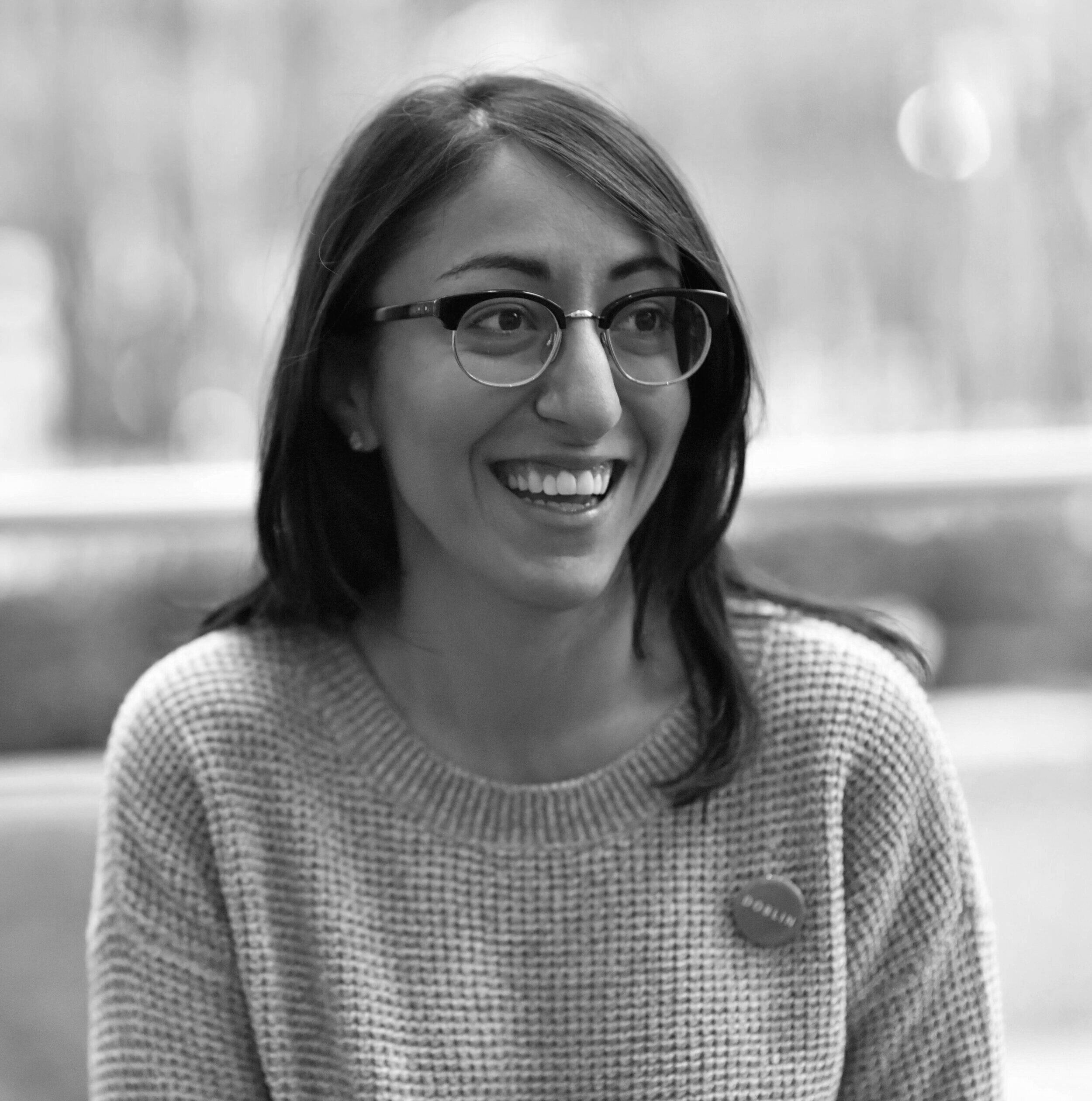
"The work of recovery moves quickly, and has the greatest impact when city officials dedicate *some* time to build trust (and understand institutional barriers) with groups who have historically had negative experiences with city-initiated changemaking efforts." - Zahra Ebrahim
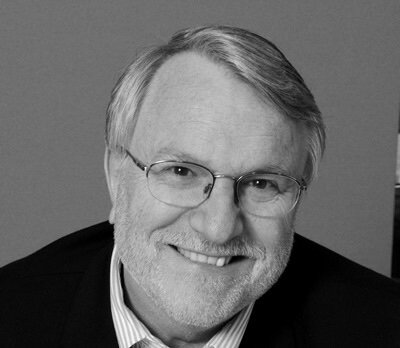
"People and organizations have been forced to change their lives and in many cases have moved their plans forward by as much as 10 years due to the pandemic. But these decisions have not been equitable. Businesses, educational institutions and even at home online practices, if available, have been forced to change due to the crisis. They will likely remain and expand in a post-COVID19 world. Of course this is only possible with accessible and affordable high speed broadband, especially in rural and remote communities and disadvantaged pockets within urban areas." - John Jung
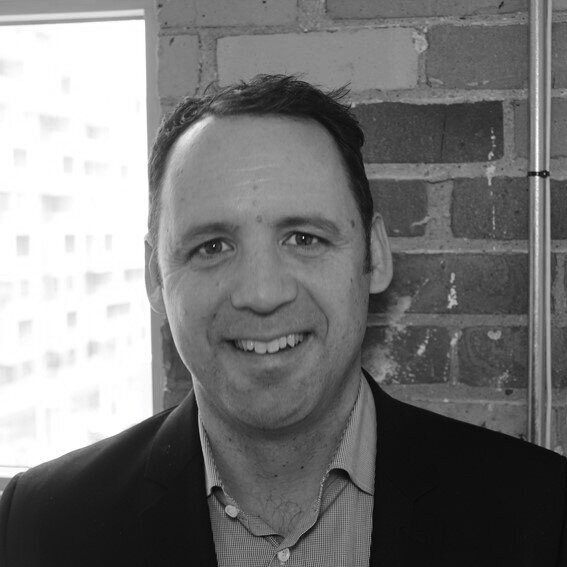
"COVID has generated tangible opportunities to improve the lives of all children and youth in Canadian cities, and one of the fastest ways to do this is to make streets and sidewalks safer and more child-friendly since we now know that this is where kids, and especially kids without private yards, spend a lot of their outdoor time. Parks and playground are important but the pandemic reminded us that making streets and sidewalks quality places for play, movement and interaction is a health and equity power move." - Josh Fullan
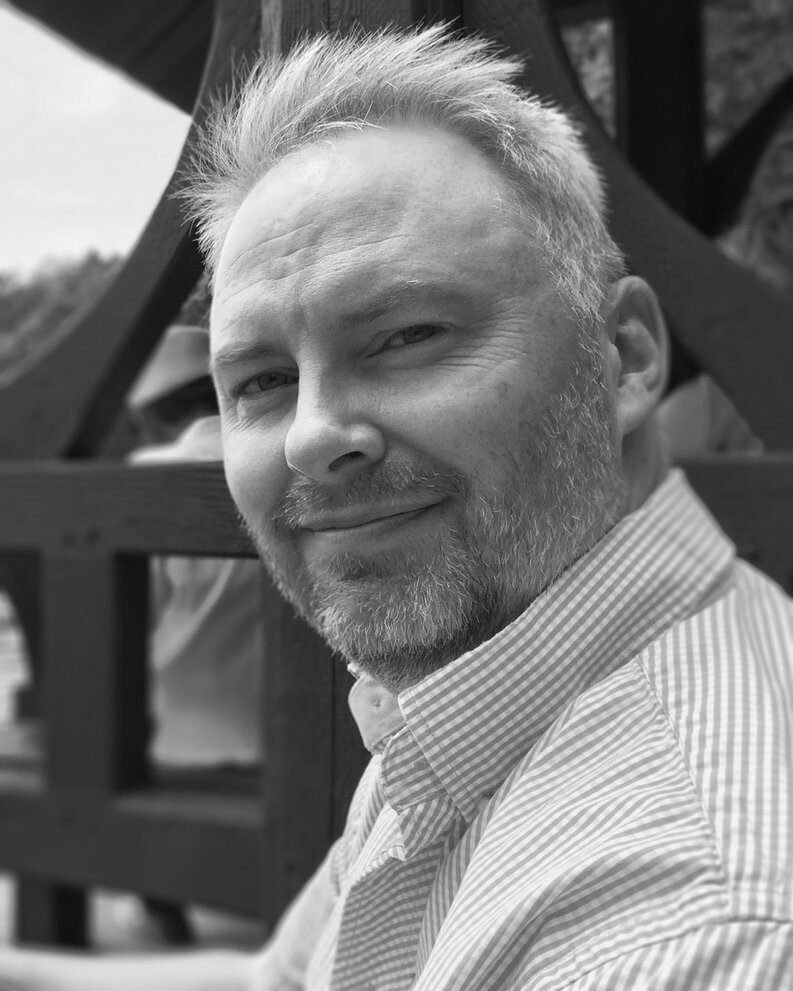
"Design professionals have a greater role to play in the built environment than we currently take responsibility for because we are caught in the trap of design to program and budget, rather than designing for public health, safety and security." - Jason Robbins
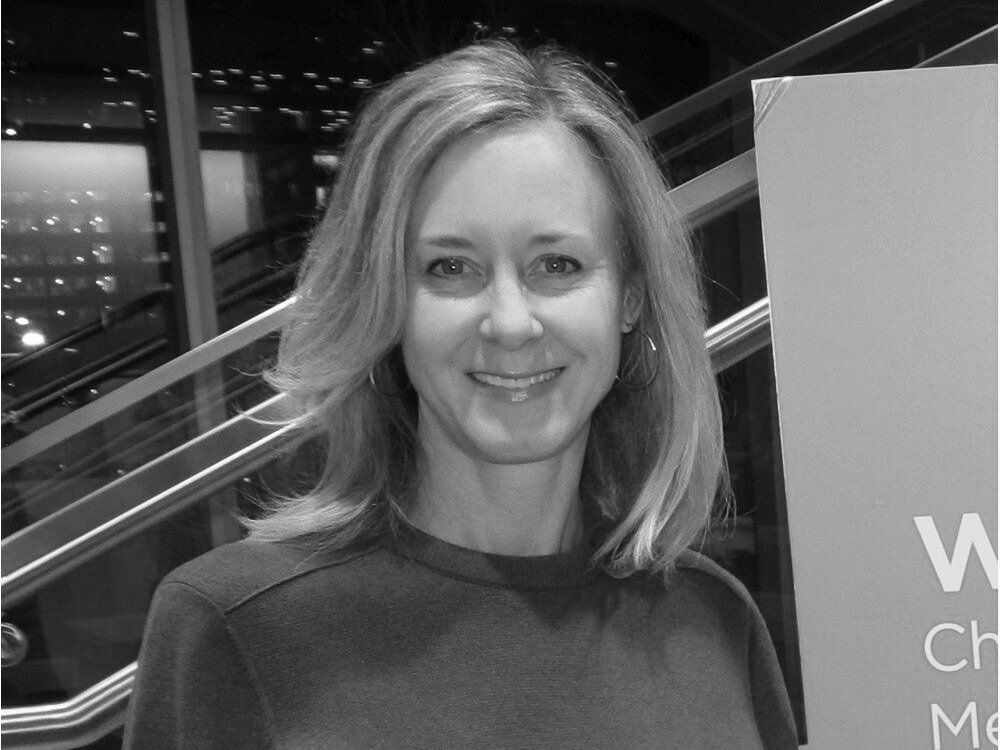
"Groups thrive when you achieve collective action for the common good, it takes a lot of time to establish a coalition based on trust and when you do, it pays off in spades." - Karen Gosbee
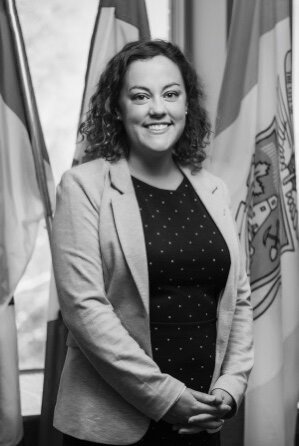
"Focus on making the best decisions with the information that you have available, and update what you're doing, if/as the information changes." - Rebecca Alty
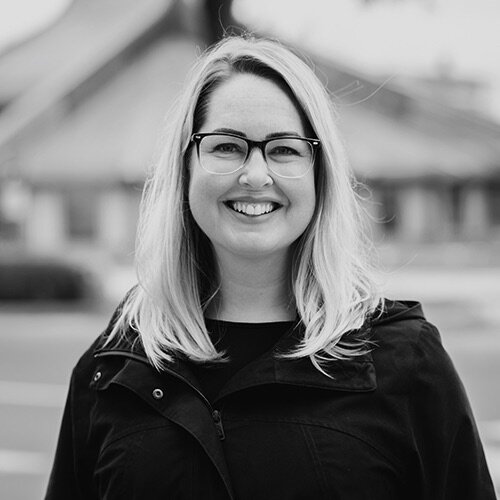
"Even when things get chaotic, it's best to take a step back and give your brain time and space to consider all the options. The right answer will come." - Kate Fenske

"I've learned the critical importance of collaboration and partnership among public and civil society sectors in the exchange of knowledge, shared leadership in public involvement and most critically, the delivery of public benefit/services." - Amanda Gibbs

"Covid revealed to me, in a real not theoretical way, how extraordinarily complex people's response to a crisis can be and how this influences, in aggregate, the course of a day on matters small and large." - Janna Levitt
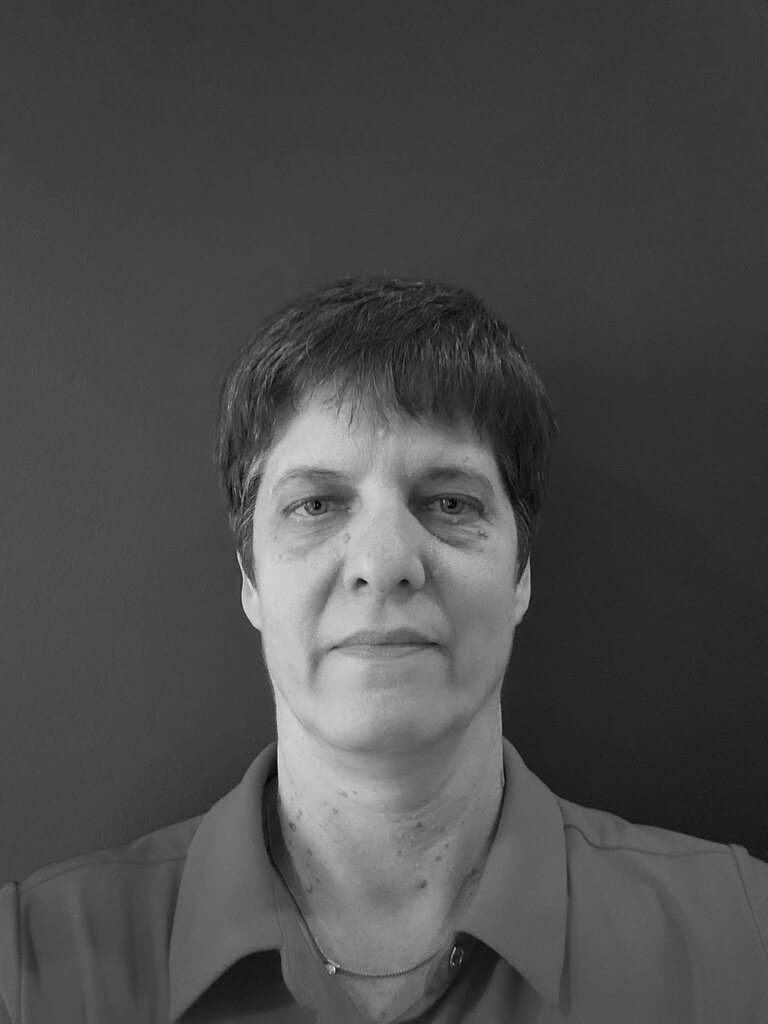
"During a crisis, decisions need to be considered not only in the current context, but also in terms of the longer term impacts and outcomes that will result." - Kelly Paleczny

"In order to meet the enormous challenge of ongoing and cascading economic effects of the pandemic, we will need big, systemic interventions, on par with those of the New Deal of the 1930s, not only to 'reopen the economy' but to do so in a way that makes workers and families whole, strengthens communities, and addresses the deep and long-standing structural inequities that COVID has revealed." - Ted Howard

"That we can get a lot done even under very challenging circumstances. We adapt, and even thrive, once we start focusing on what we CAN do instead of what we can't." - Erin Chrusch

"That the distribution of publicly accessible greenspace in urban areas is a critical need from a public health perspective. That the work of local conservation agencies such as conservation authorities is becoming critical during a crisis such as COVID pandemic or climate impacts." - Chandra Sharma
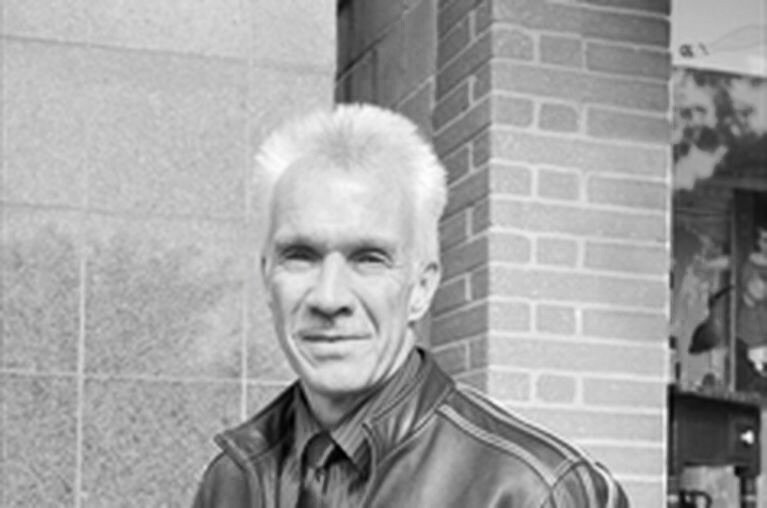
"Even the most prepared communities are vulnerable to global disruption as we live in an interconnected world where a ripple on one side of the planet can cause a tsunami on the other side." - Kevin Narraway

"This past year has been a wake-up call to move on from our notions of individualism and to accept that we are part of an interconnected ecosystem that can breed infection, but can also, when combined with mutual trust, support and social justice, allow our cities and species to survive and thrive!" - Adam Lubinsky
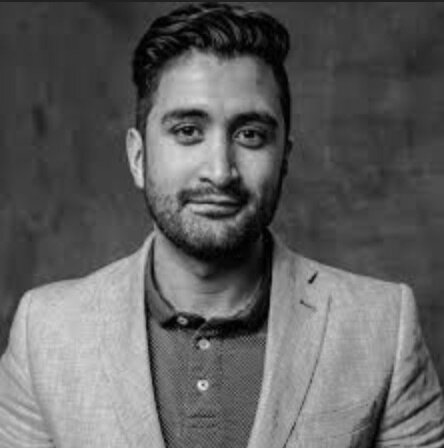
"We have been moving fast and breaking things for far too long. We were due for a long period of reflection to rethink, strategize and build back better." - Kourosh Rad
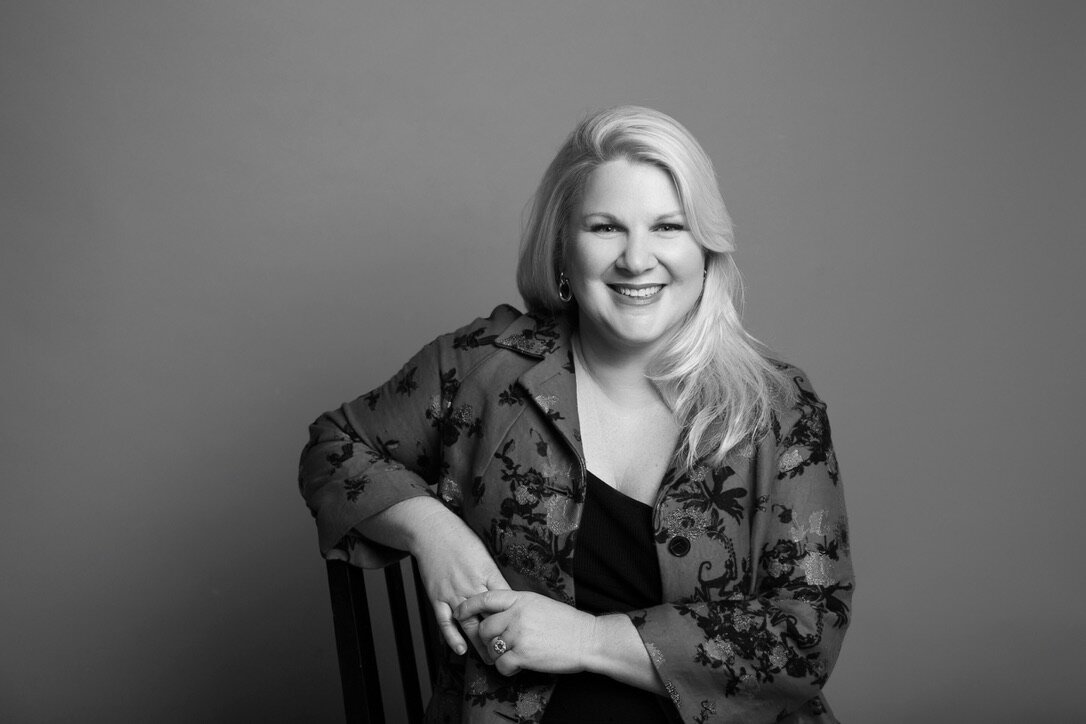
"Ageism is pervasive - during COVID19 it has taken military whistleblower reports, faces pressed against the glass in long-term care of people locked away from the rest of society, and death to get people talking about the way we treat seniors in Canada." - Laura Tamblyn Watts
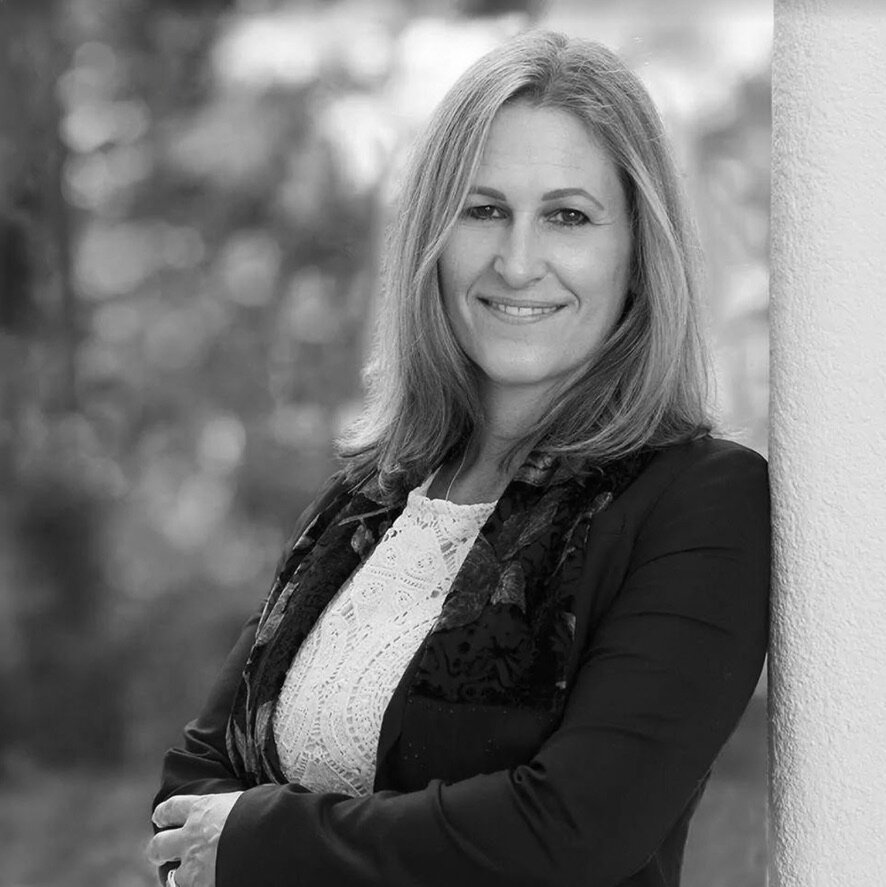
"The most important thing I have learned throughout the past year as we have dealt with COVID-19 pandemic is that it's essential to provide accurate, timely, two-way communications with residents and with our community, business leaders and government partners so we can all work together to keep our community safe and prepare for recovery post-COVID." - Marianne Meed Ward

"The work we all must do to reimagine the economy with communities at the centre is critical and overdue. The communities (real places where people work and live) that will survive and thrive coming out of the pandemic are those that prioritize creating local, place-based solutions to challenges and focus on building a resilient future based on their inherent assets." - Zita Cobb
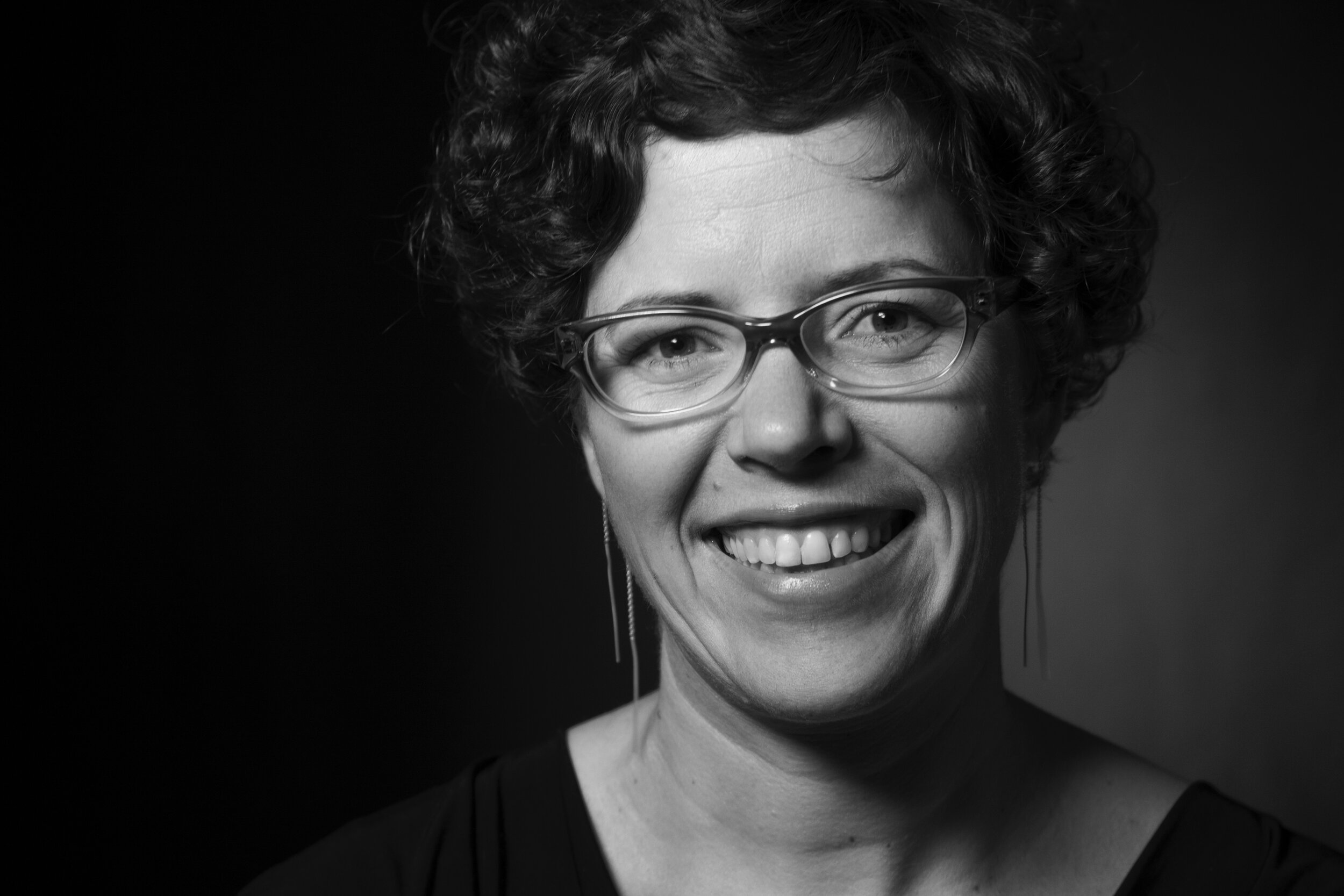
"What I've really learned in the past year is just how fast cities can pivot with policies, investments, and supports - when they decide to do so. Whether it has been in terms of street reallocations, public space investment, business supports - we've seen funds redirected, application processes streamlined, plans that in another time would have taken years are implemented within weeks - start to finish. It's been good to know cities can be nimble and flexible. We'll need this." - Meghan Winters
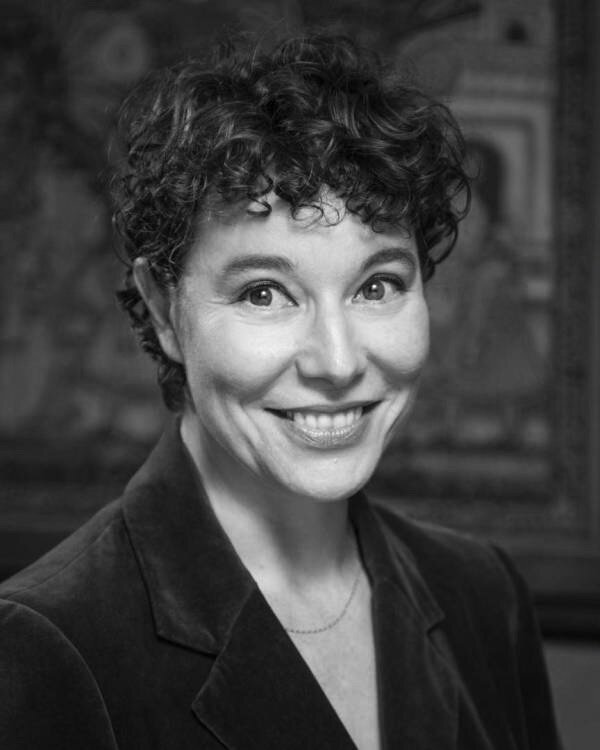
"The most important thing I've learned this year is the power of radical pragmatism." - Micheal Vonn
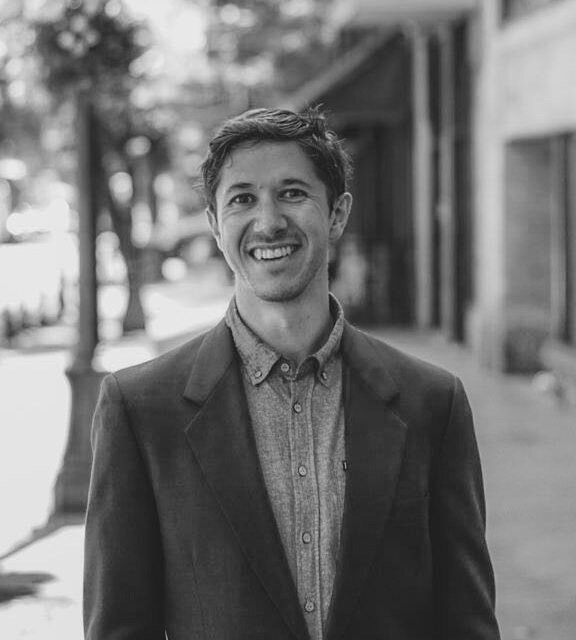
"In a year where the benefits of public space and the disparities of racial and social inequality were laid bare, the most important thing I have learned is that urban designs are only as strong as the inclusive processes through which they were created." - Mitchell Reardon
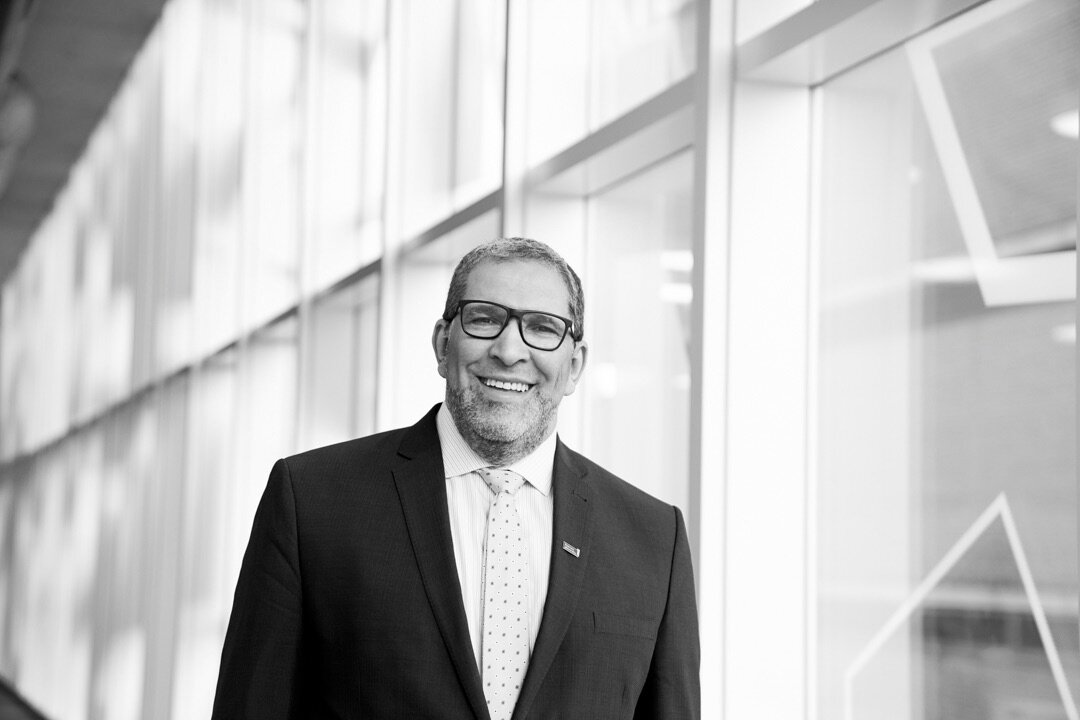
"The most important thing I have learned this year is the power of resilience; Ryerson University's leaders, faculty, staff and students have all shown incredible resilience in the face of constantly evolving information, circumstances and expectations and it is that resilience that has helped us to find opportunities to thrive and succeed in the last year." - Mohamed Lachemi
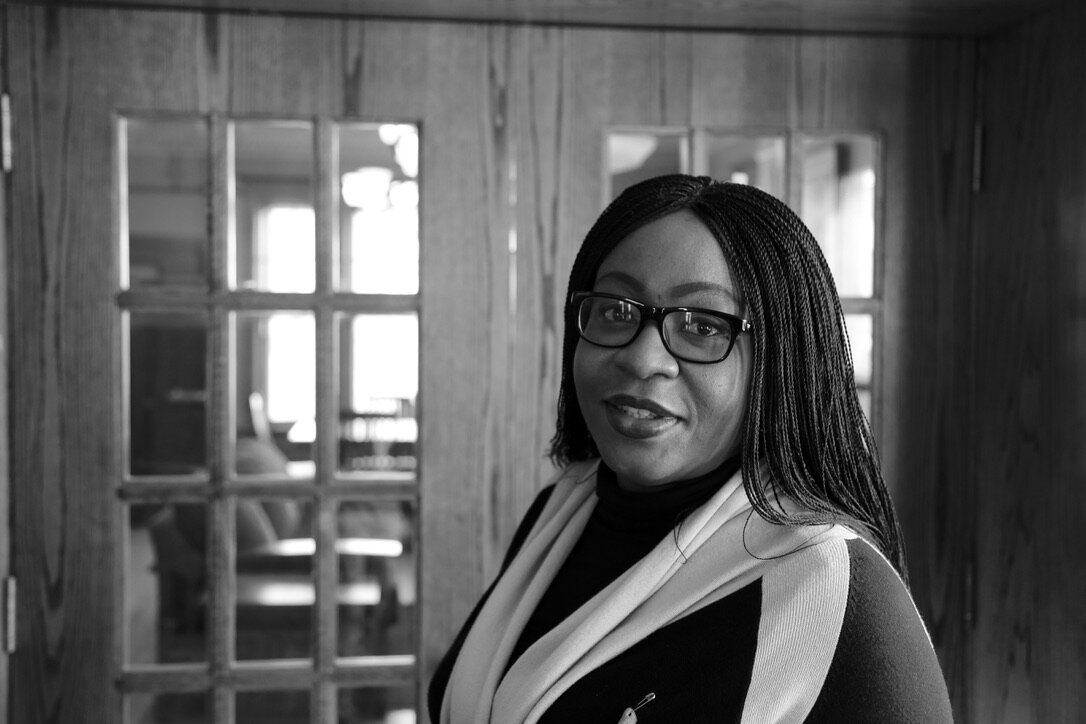
"The COVID-19 pandemic is not the great equalizer it was thought to be at the beginning of the pandemic, equity-seeking communities were the worst hit, and in the past year, I have seen and learned from the resilience and strength shown in the support of these communities by Edmontonians. I have never been prouder!" - Nneka Otogbolu
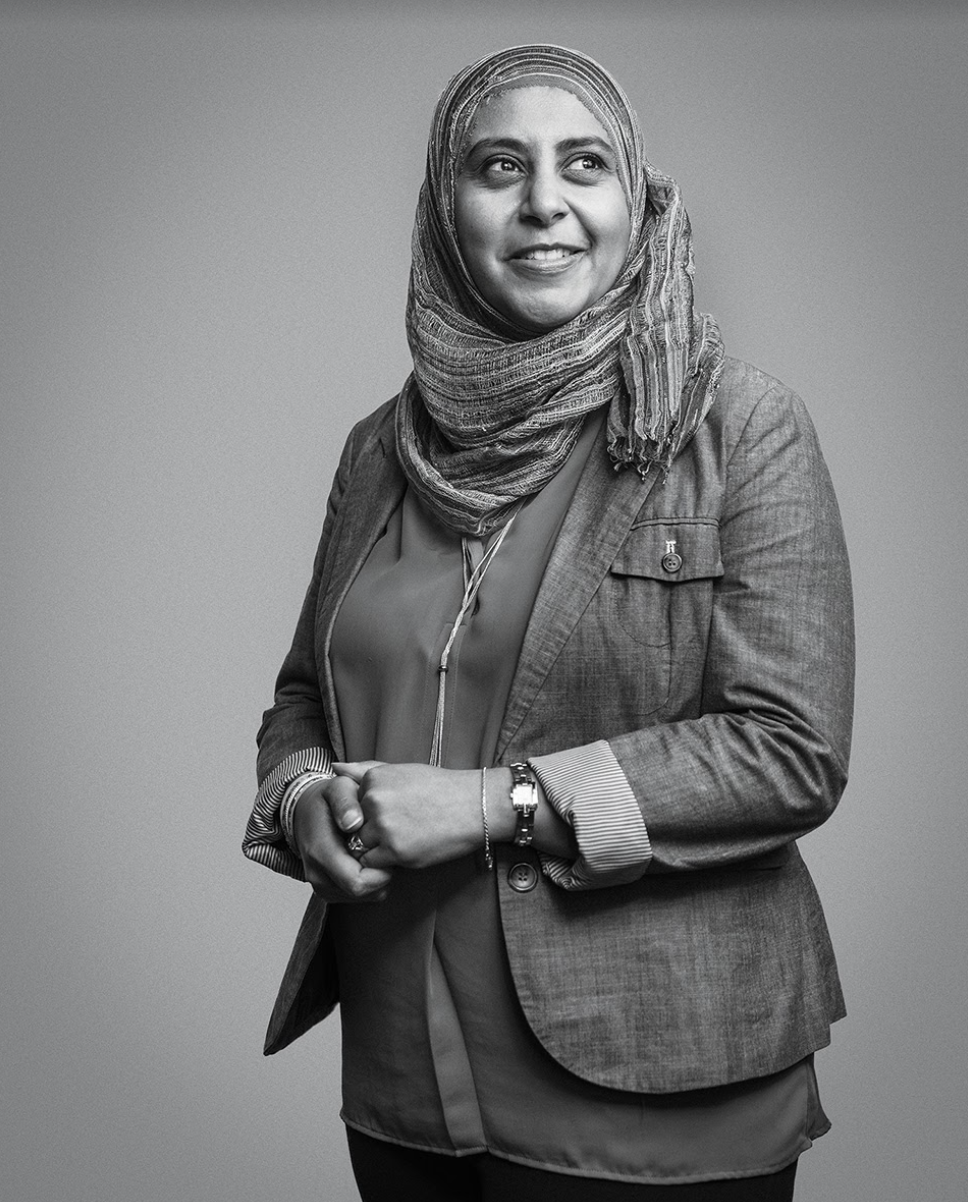
"Cities have the ability to greatly influence and shape the physical and mental health of their residents. This year cities responded with temporary mass shelters for those experiencing homelessness, converted underused road space to walking and biking trails, amped up the cleaning protocols on transit, and providing transit service helping to connect essential workers to their jobs - even as transit was challenged with massive declines in ridership. Any one of these initiatives on its own would have been a major feat under regular circumstances but we have shown we can accomplish amazing things even under great strain." - Howaida Hassan
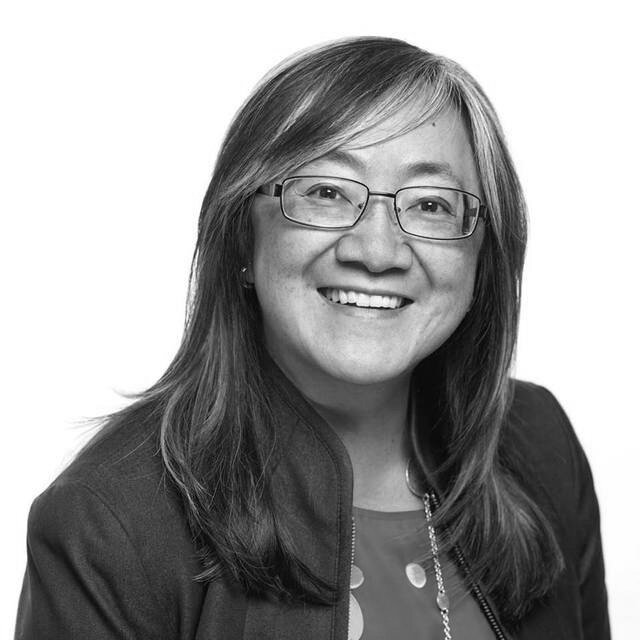
"What we learned is that our current systems are not set up to support self-employed artists and gig workers, and yet people are leaning on and needing the arts now more than ever for all the reasons that arts are always important - to feel connected, to lift our spirits, to engage socially, and for our own mental health and self-care. What we need are programs that recognize the value of artists and art workers and provide ongoing support for them." - Patti Pon
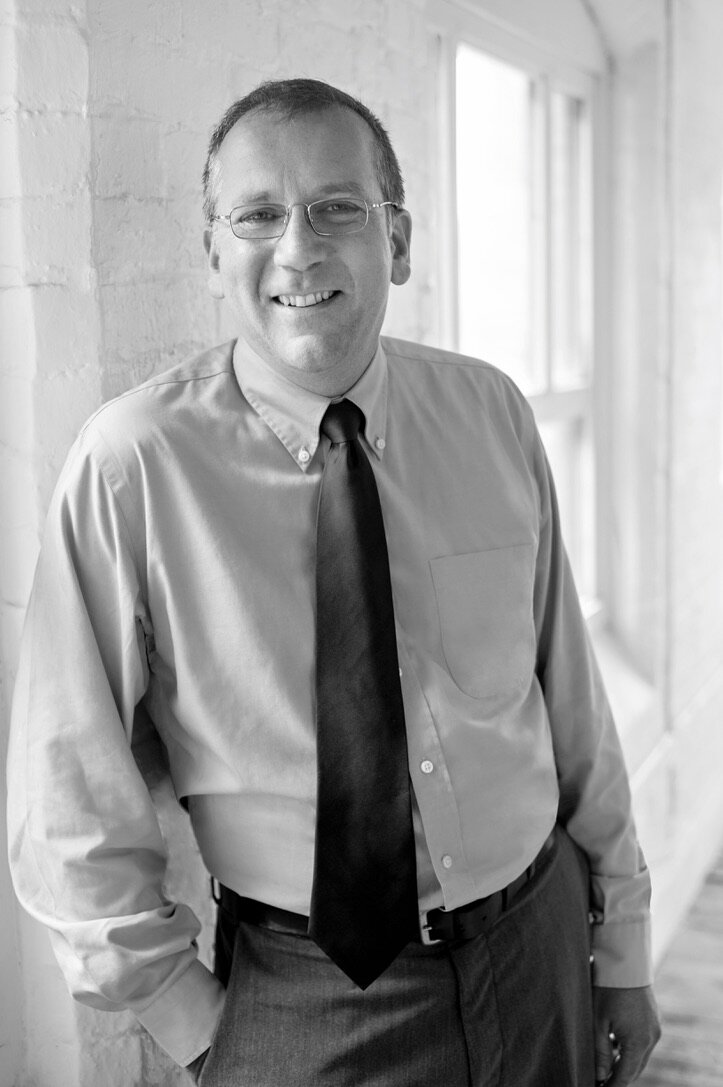
"If you want to make a positive difference during a major crisis, do not wait to be told what to do, find useful actions that align with your broad mission and take action." - Paul Takala
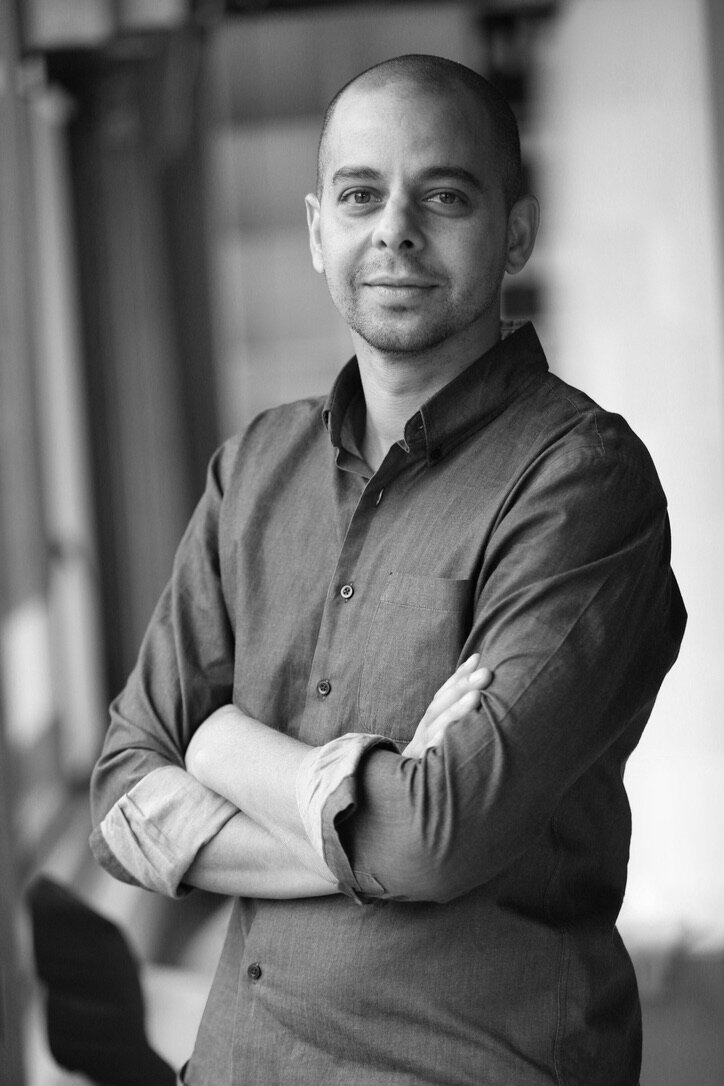
"The single most important thing I have learned is that we forget. We forget to understand and to take time in addressing the origin of our collective challenge. We forget that our human actions cause destruction of habitats leading to greater suffering of other living species, causing them to come closer to cities to survive, and thus increasing more potential viral infections onto humans. And by forgetting, we prevent needed change." - Rami Bebawi

"The most important thing I've learned over the past year is that it is possible for the public sector to be innovative, responsive and fast moving when faced with a crisis. The hope is that this experience carries forward to times when a crisis is not the motivator, and that we can still embrace experimentation and "in-flight" corrections and overcome fear of failure (and bad media associated with failure)." - Judy Morgan
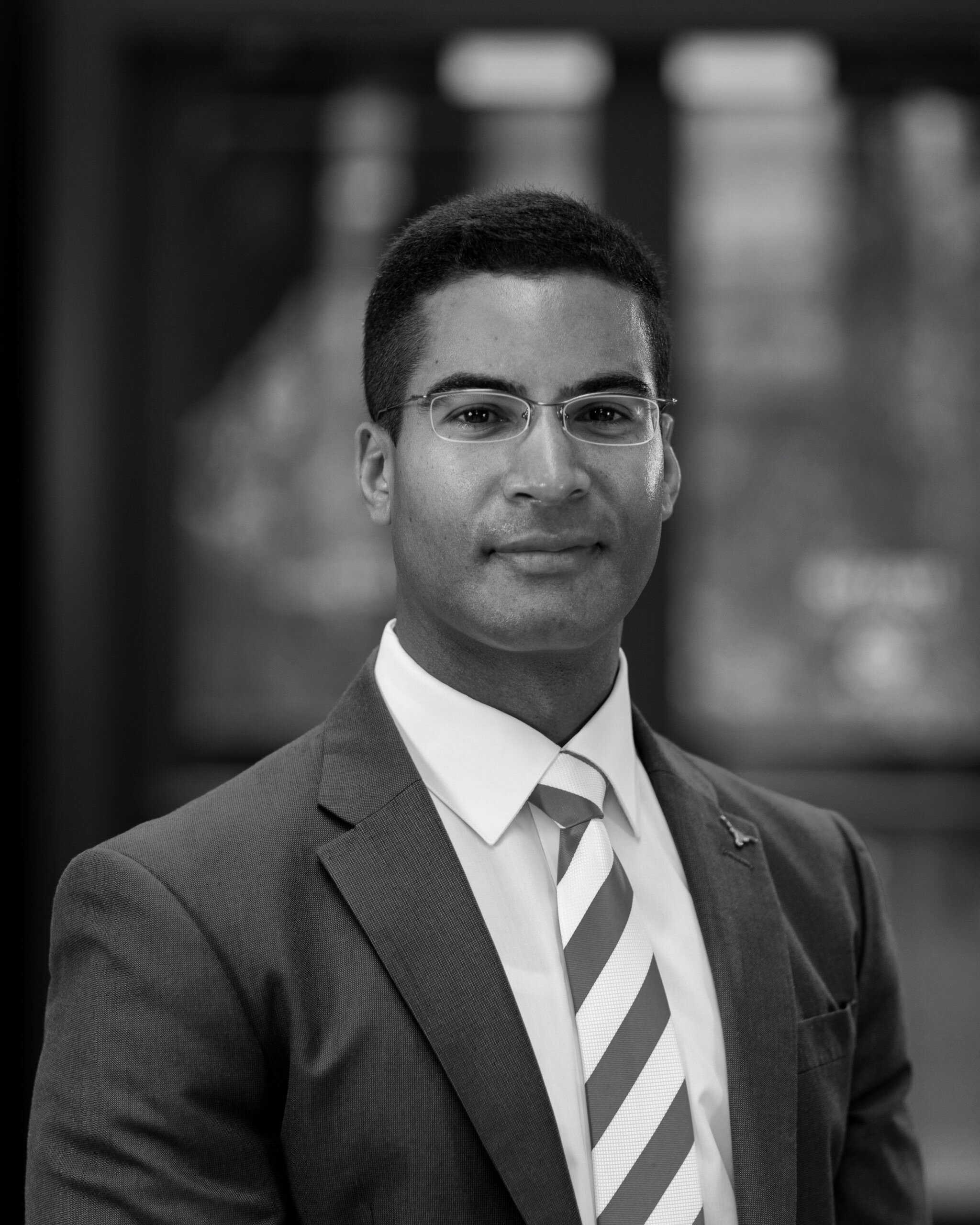
"The previous year has made one thing clear: solving our biggest problems requires coordination, data-driven decision making, and advance planning - three essential actions that our elected and appointed leaders must perform much better going forward." - Richard Albert
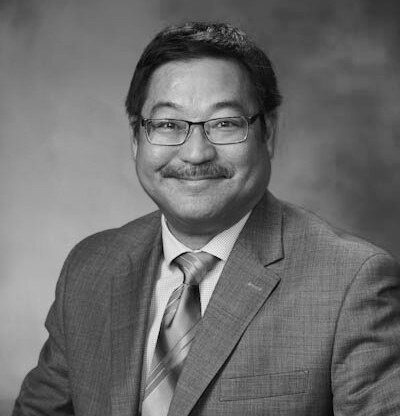
"The most important thing I learned over the past year is that, when necessary, our communities will fully collaborate to provide vital services for those in need in a sustainable manner." - Rob Miyashiro

"Since COVID-19 exposed and most affected the social, spatial and institutional peripheries of our urban society, we are compelled to make the protection of these marginalized communities the centrepiece of our future pandemic preparation - which must start now!" - Roger Keil

"While the pandemic has laid bare many uncomfortable truths and exposed our society's deep vulnerabilities (the plight of seniors in care homes, the precariousness of jobs, social and economic inequalities, homelessness, poverty, systemic racism and mental health), it has also shown that Canada has the capacity and ability to wrestle big challenges. The question is, are we willing to harness our collective energy and wisdom to tackle them." - Amarjeet Sohi
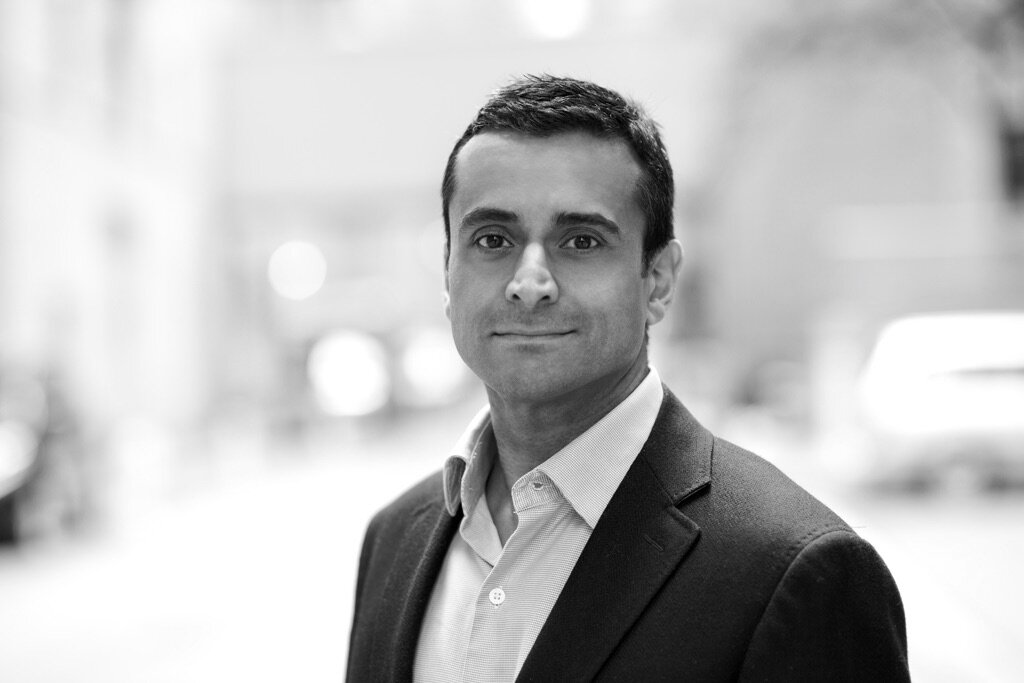
"Crisis focuses the mind and spurs innovation." - Rupen Seoni

"Healthcare infrastructure is inadequate in high growth urban Canada & it creates two tier and unequal healthcare capacity in Canada." - Patrick Brown

"Again its resilience of the people in the DTES and if you want something done you have to just do it." - Sarah Blyth
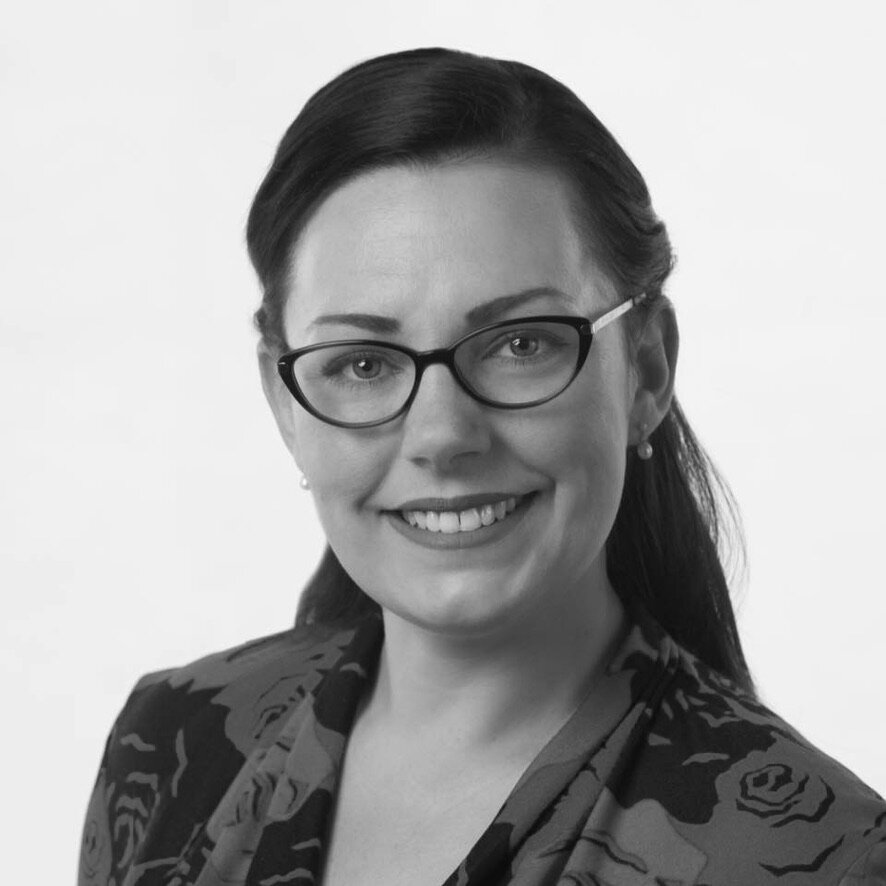
"One thing that has become apparent is the need for better public eduction regarding the role of municipal council. With anxiety and fears looming, it's been difficult to educate and calm fears of the public while essentially being the front line elected officials." - Shelby Ch'ng

"Public health crises have precipitated radical changes to the design of cities over the last two centuries - architects and city planners are once again called on to imagine our world anew." - Shirley Blumberg
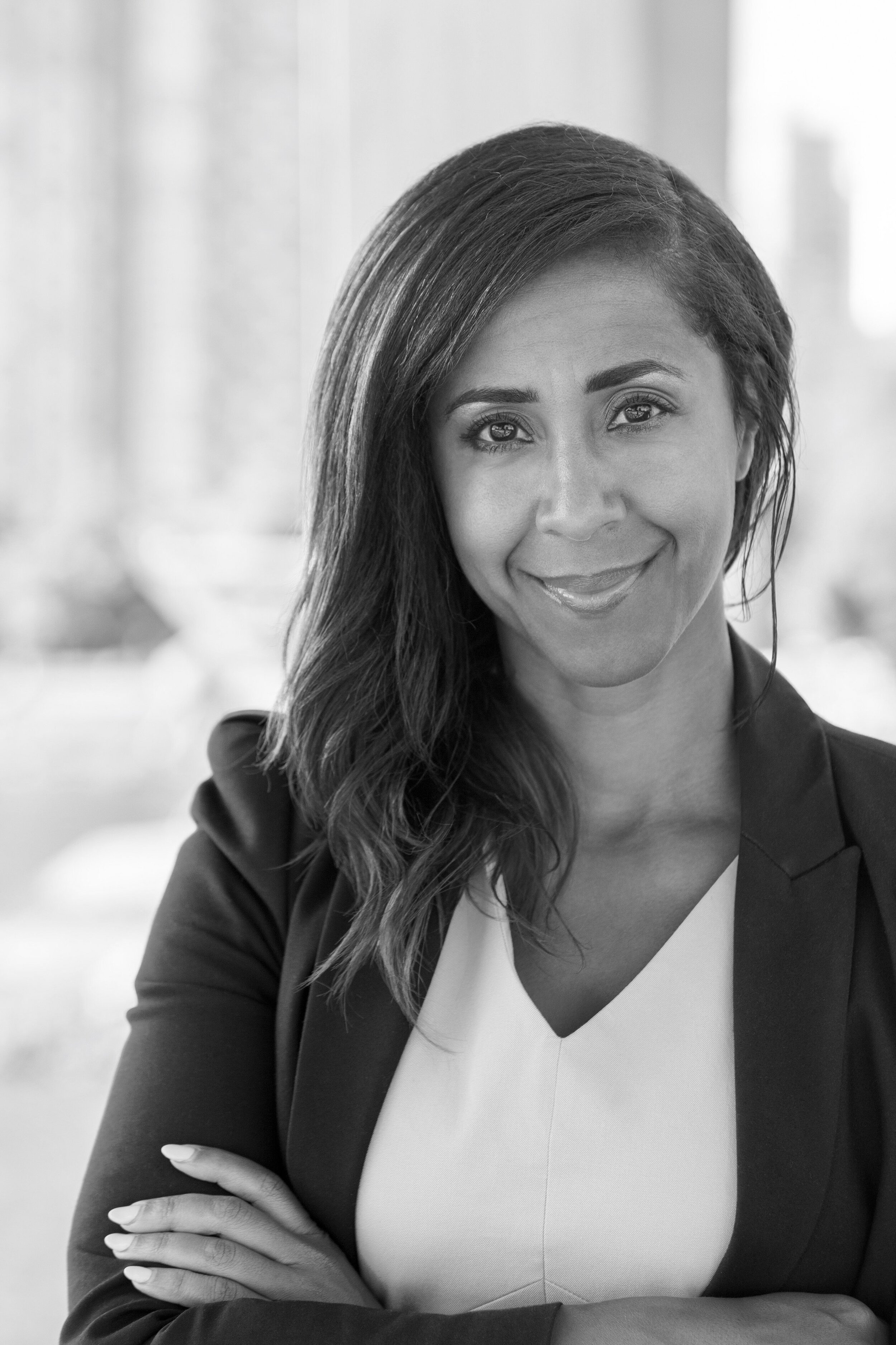
"That Canada's race-avoidant (also known as "colour blind") approach to policy-making has exacerbated the devastating impacts felt by racialized communities with the federal and provincial responses continuing to fail their needs during the formulation of the response." - Stephanie Allen
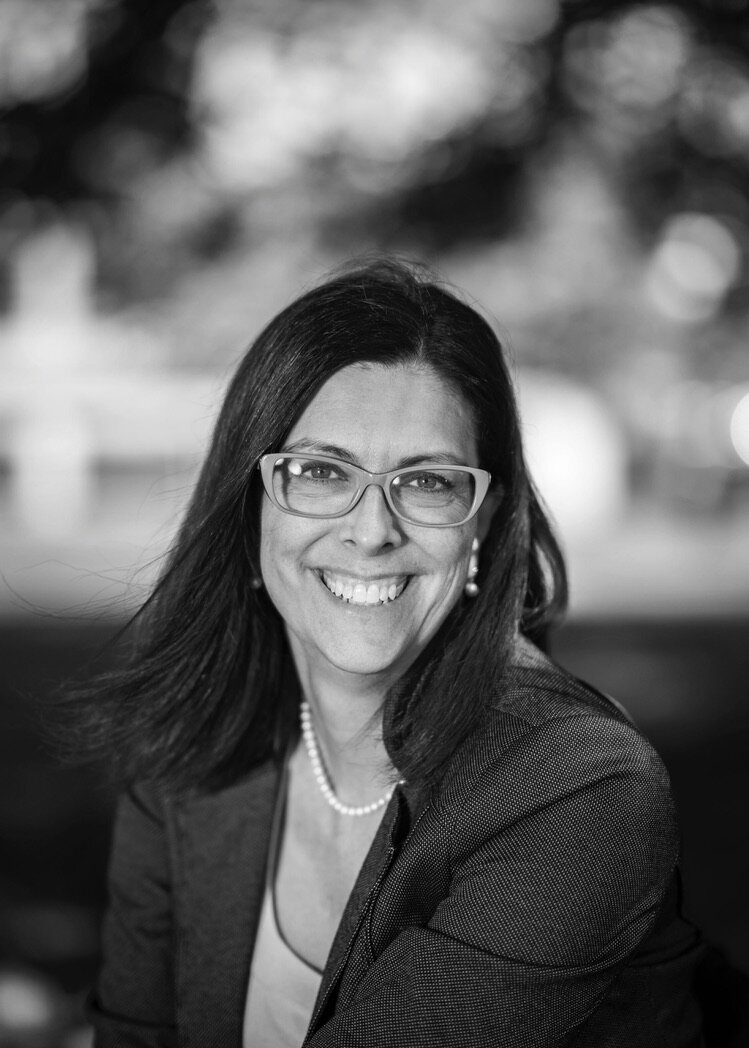
"People with disabilities have been disproportionately impacted by the pandemic, but government support programs across the board have largely ignored and even further marginalized this group." - Stephanie Cadieux
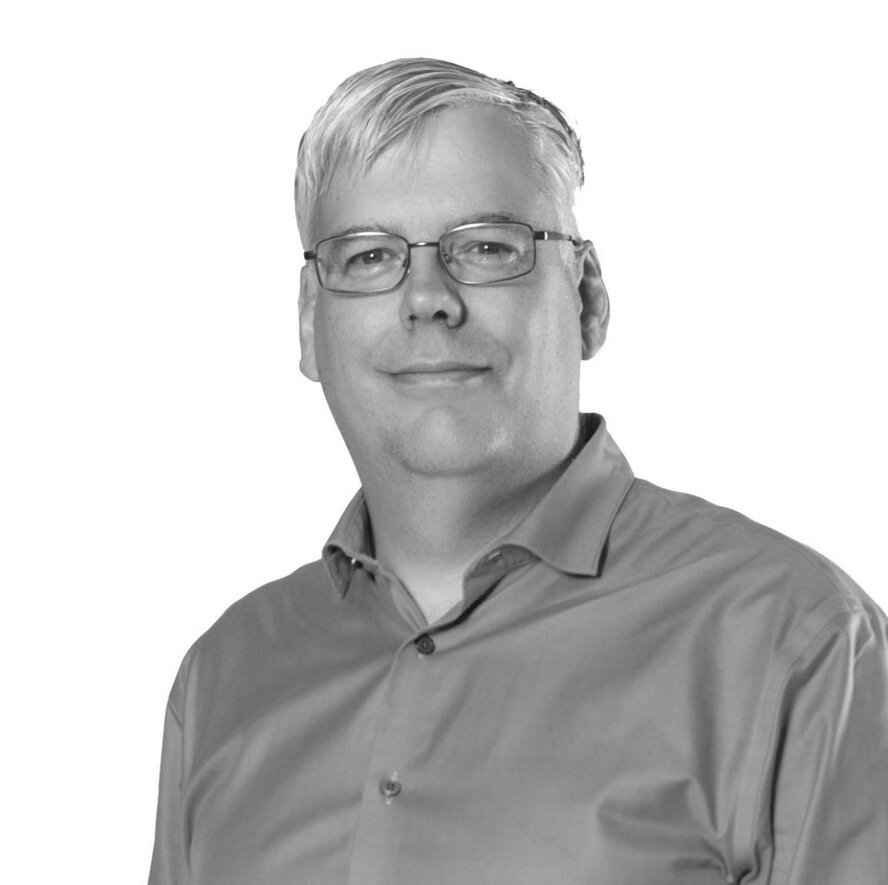
"The approach to economic recovery is iterative, constantly evolving, and best informed by organizations and economic development partners representing the business community." - Stephen Willis
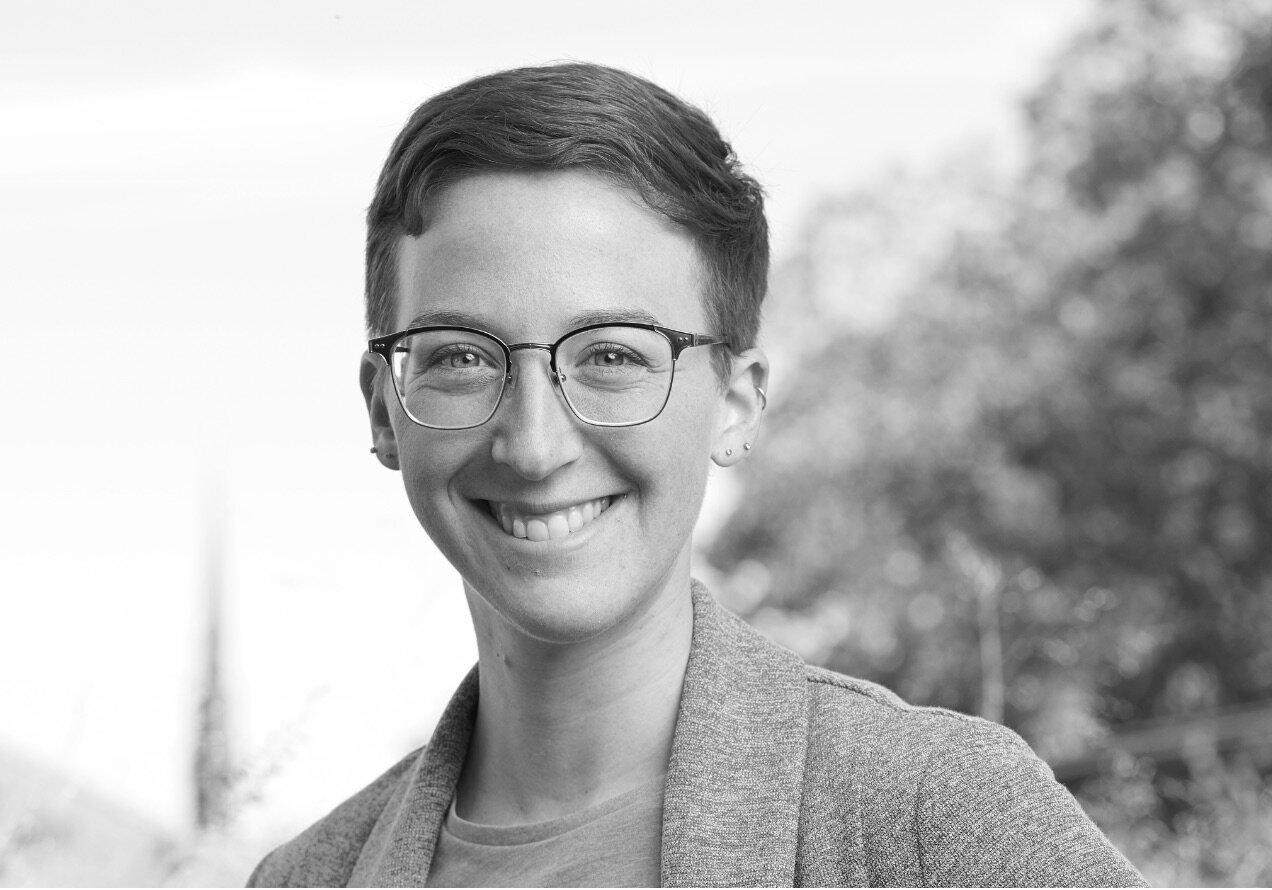
“Durant la dernière année, en tant qu'urbaniste, j'ai reconnu l'importance de faire confiance à la fois à mon instinct et à la nécessité de mettre mon propre point de vue en perspective, afin de créer de meilleurs processus au sein de meilleurs projets.” - Catherine Craig-St-Louis
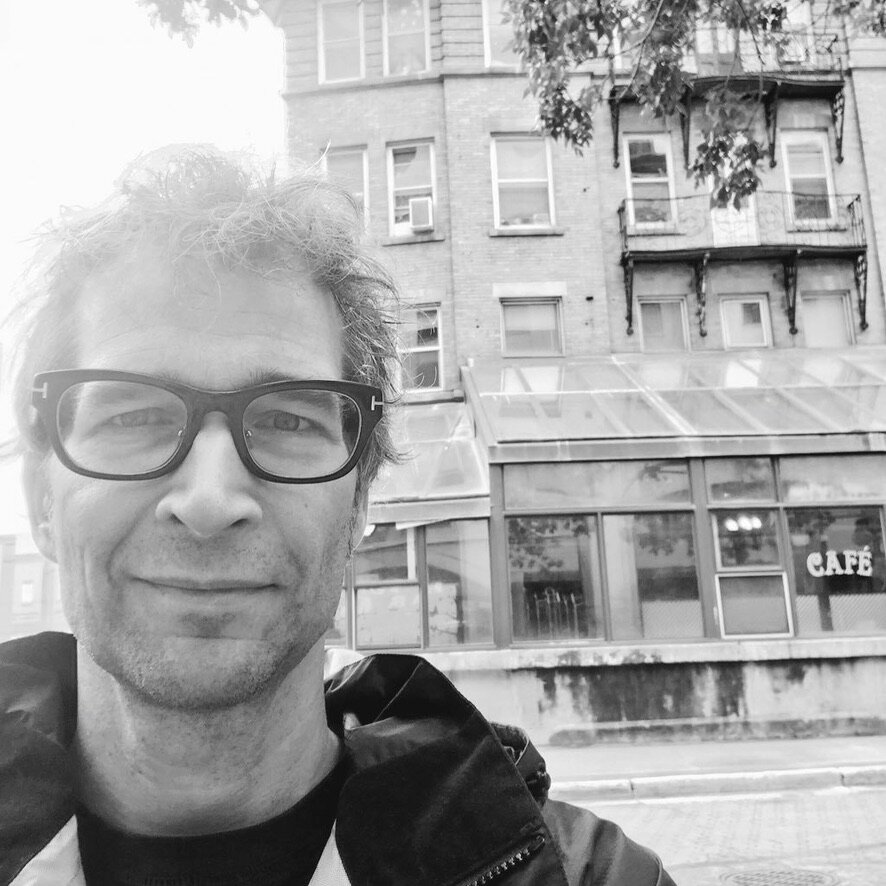
"That the public is eager for change in the way our downtown is built and operates to ensure vibrancy in light of the trends that have been accelerated due to COVID - a new type of downtown is needed to address the reality of fewer employees and a significant reduction in business travel." - Thom Mahler

"The urgency and gravity of COVID-19 on our most vulnerable has taught me the importance of taking transparent and equity-focused action now, not passing the baton elsewhere." - Alexandra Flynn

"In Year 1 of COVID, I learned that within the broader Canadian public policy community, the casual misunderstanding of what local governments do - and how they can do it - goes a lot deeper than I thought." - Brian Kelcey
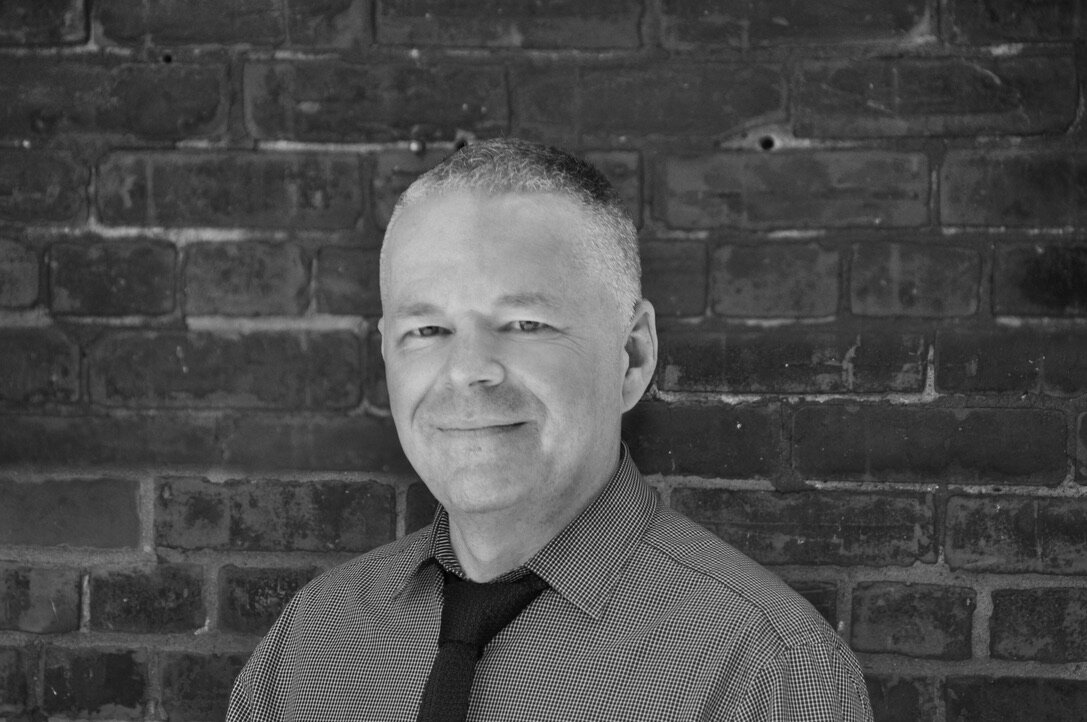
"Even as it has torn the world as we knew it apart, the pandemic has created infinite opportunities to re-think everything including culture and to step up our leadership in empowering creators to lead the renewal." - Tim Jones
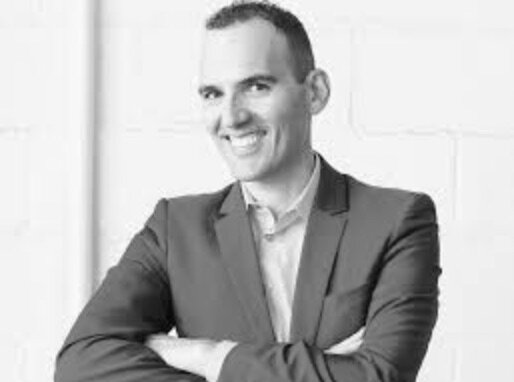
"'Back to Normal' was awful for so many people, for our cities and our transport systems and it's time for a new inclusive society centered on equity." - Timothy Papandreou

"Changes in practice and design can happen and be embraced incredibly quickly - busy streets were closed off to traffic and became pedestrianized in a matter of weeks, entire office buildings emptied out replaced by home offices across neighbourhoods, etc. - but the need for human connection beyond technology and design solutions prevails and we still long for mingling beyond our private spheres." - Charles Blanc
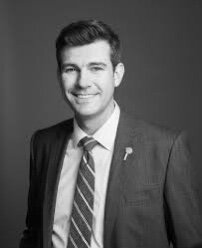
"Large-scale economic and social disruption like the COVID-19 pandemic is compounded by inequality, and without addressing inequality we undermine our resiliency and ability to bounce back. Energy transition will likely propel the next world-shifting disruption, and as we make this shift we must use the lessons we learned during this public health crisis and forge new commitments to fighting inequality. Otherwise, extremely difficult societal divisions, like the many we've confronted in the pandemic, may prove barriers to ecological imperatives we still must meet." - Don Iveson
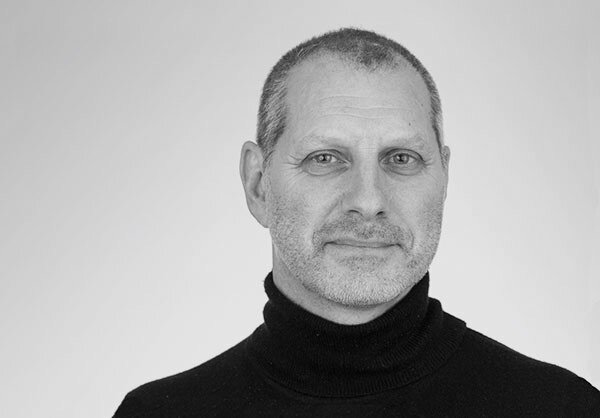
"I learned just how soundly constructed my white male privilege is. It's shameful." - Robert Plitt

"Accessible and functional infrastructure such as balconies are the amenity heroes of this pandemic. We can no longer afford to view accessibility as an afterthought and as negotiable design features. These are human rights issues in a pandemic accelerated future." - Amina Yasin
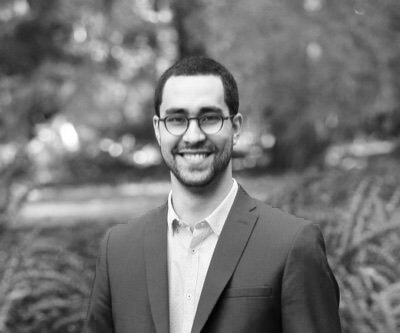
"I think the last year taught us just how resilient we can be as a society if we find opportunities to learn and innovate during difficult times. When mobility became a noticeable challenge during lockdown, we saw a significant rise in the public's interest on sustainable mobility that led many governments to seize the opportunity to implement policies to encourage this behaviour further after the pandemic - Paris being one of the most prolific examples of that. The pandemic also revealed how our governments' priorities were failing to reduce inequalities but thankfully we have seen a shift to prioritize affordable and supportive housing." - Andres Penaloza
!["Don't underestimate our ability to adapt to the unthinkable. Even the most introverted person needs to connect with people; not recognizing that has led to our current mental health crisis on top of the global pandemic [...] The fact of the matter i](https://images.squarespace-cdn.com/content/v1/5ed075212ba91b2099ee43f9/44d58a8e-c4dd-43ba-bcf2-223bcb158916/6BA82201-E280-4C24-B260-F99DD7DD1770_1_201_a.jpeg)
"Don't underestimate our ability to adapt to the unthinkable. Even the most introverted person needs to connect with people; not recognizing that has led to our current mental health crisis on top of the global pandemic [...] The fact of the matter is we need each other - for comfort, for joy, for friendship and for bonding. What is life without these things? What are we most looking forward to when the crisis is "over or "averted" for the time being? We will need places to reconnect. Allowing the spaces that facilitate sociability to close is doing a great disservice to the future of humanity." - Alicia Scholer

"Public transport is an essential service for cities to survive, the pandemic has highlighted the fragility of the public transport operations funding mechanisms and accelerated the need to figure new sources for operations funding." - Ahmed El-Geneidy
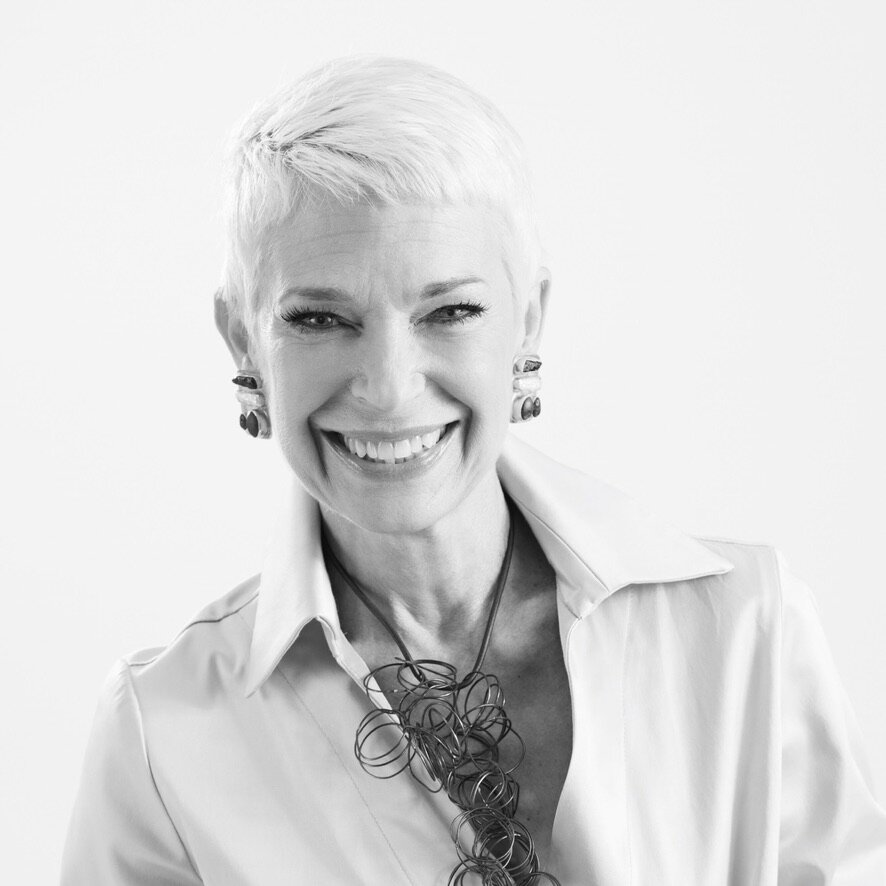
"Leaders show up." - Carol Coletta
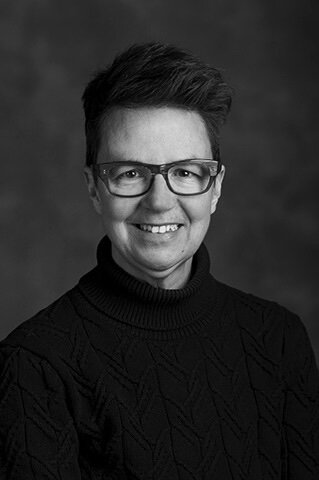
"Over the past year it has become exceedingly clear that we need to reclaim public space for people in our cities so that there are safe and comfortable places for gathering and commuting with each other." - Catherine McKenney
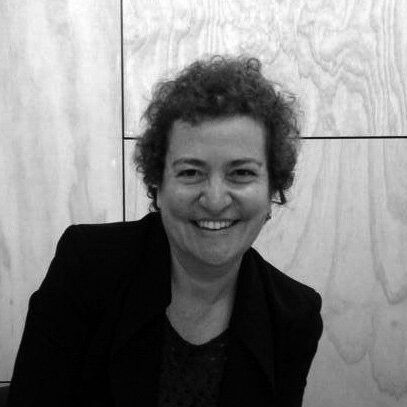
"The main thing I learned in relation to housing policy is that we have to stop counting new "affordable" units and start counting net loss of affordable homes as our basis measure of success." - Carolyn Whitzman

"The hope I am getting from this year is simple: When forced to adjust, we can. And, it can happen in an incredibly short time-span, and so we need to stop solely focusing on magical technological and medical breakthroughs to reduce our ecological footprint and increase our resilience and simply tap into our greatest potential - our capacity to activate our own hopes and dreams through 'co-learning and local action,' wherever most appropriate and effective." - Daniel Pearl
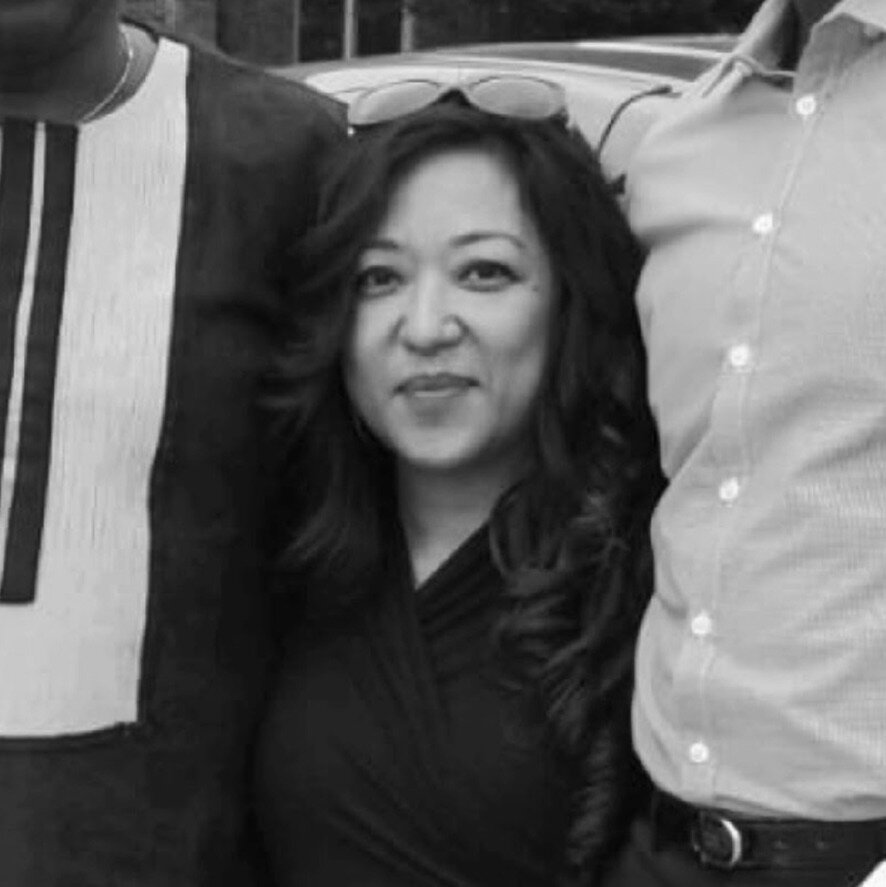
"What I've learned over this past year is we all experienced the impact of a pandemic differently. We are more empathetic to others because we see how our government has failed to support and take care of our most vulnerable, families, working class people, low income families, migrant workers and essential workers. We, as a community, stayed strong. Even when we ourselves are struggling we took time to reach out to someone or help another person in some way." - Elizabeth Ha
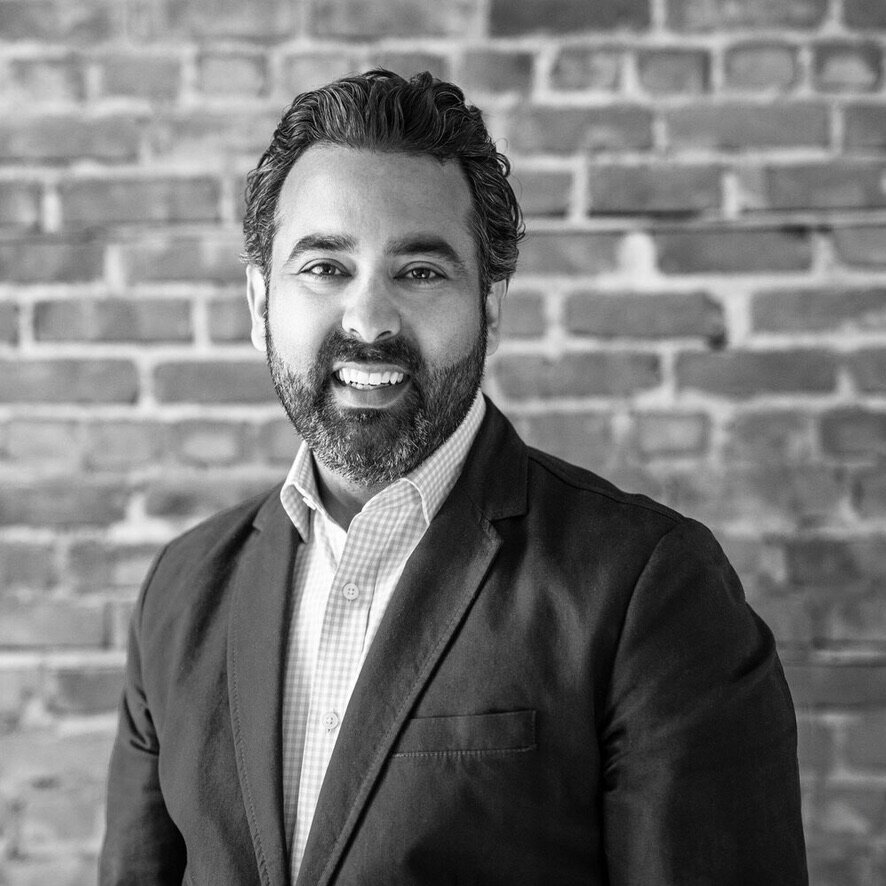
"This year, the most important thing I have learned is that bringing a heritage building into tomorrow's urban plan has no shortcuts - the painstaking work of studies, listening and raising capital is often more than any group of charities can muster. Cities-sized solutions needed city-wide planning!" - Graham Singh

"The value of our public spaces cannot be taken for granted, as we've been sheltering the resilience of our communities have shown how we can adapt and the need for common space is integral to our wellbeing." - Ebrahim Varachia